Tech Articles

From Monolith to Modularity Refactoring Go Web Applications
This article delves into the crucial process of refactoring a monolithic Go web application, initially housed in a single main.go file, into a modular, maintainable, and scalable project structure. It covers the rationale behind this transformation, core concepts, practical implementation steps with code examples, and the significant benefits reaped.
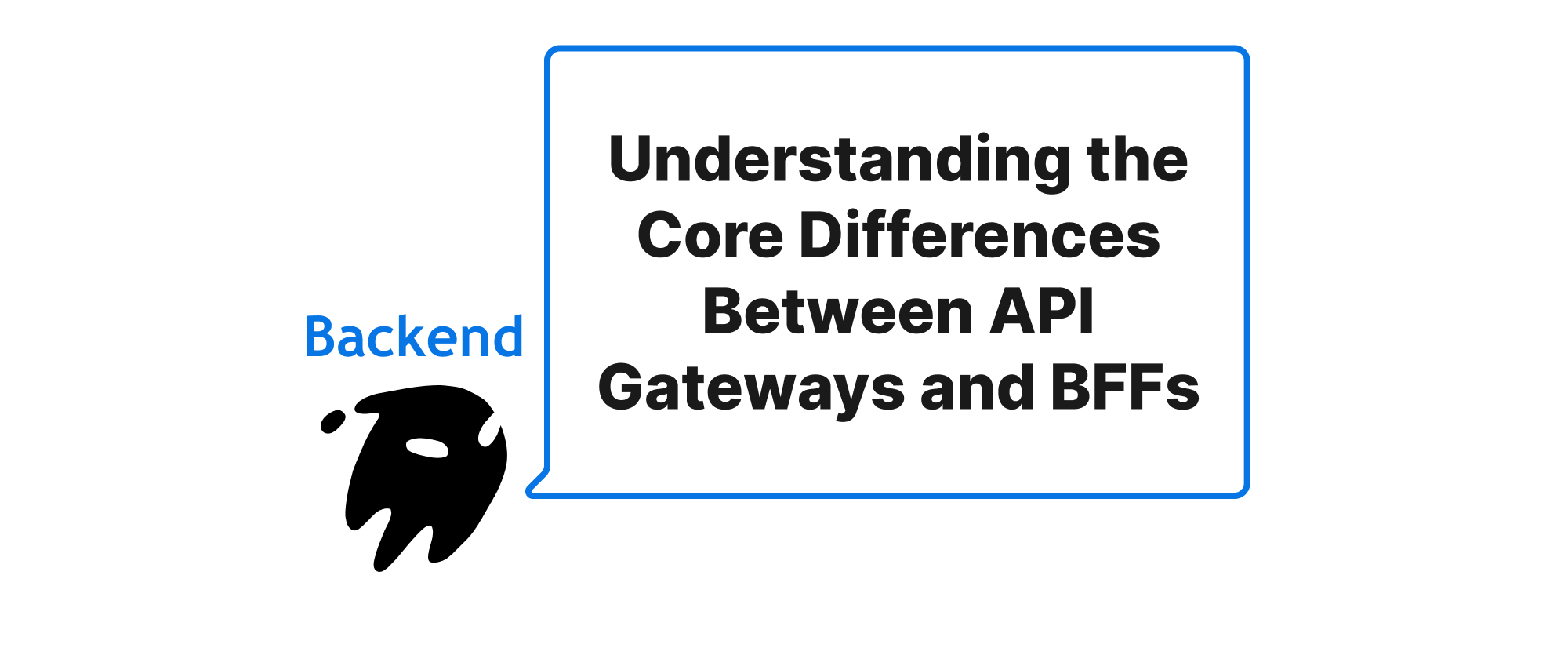
Understanding the Core Differences Between API Gateways and BFFs
Exploring the distinct roles and practical applications of API Gateways like Kong and Backend for Frontend (BFF) patterns in modern microservice architectures.
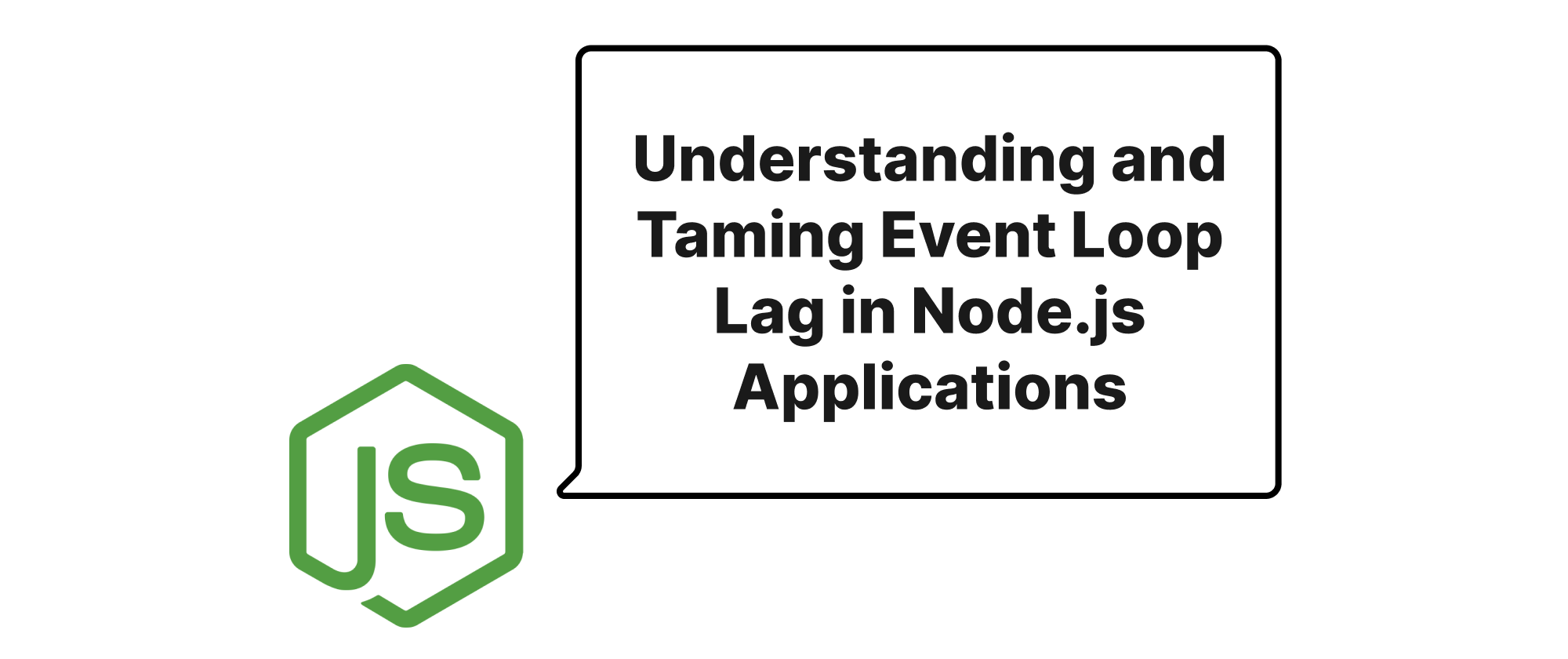
Understanding and Taming Event Loop Lag in Node.js Applications
Delve into the core concept of event loop lag in Node.js, exploring its causes, how to monitor it effectively, and strategies to diagnose and mitigate its impact on API performance.
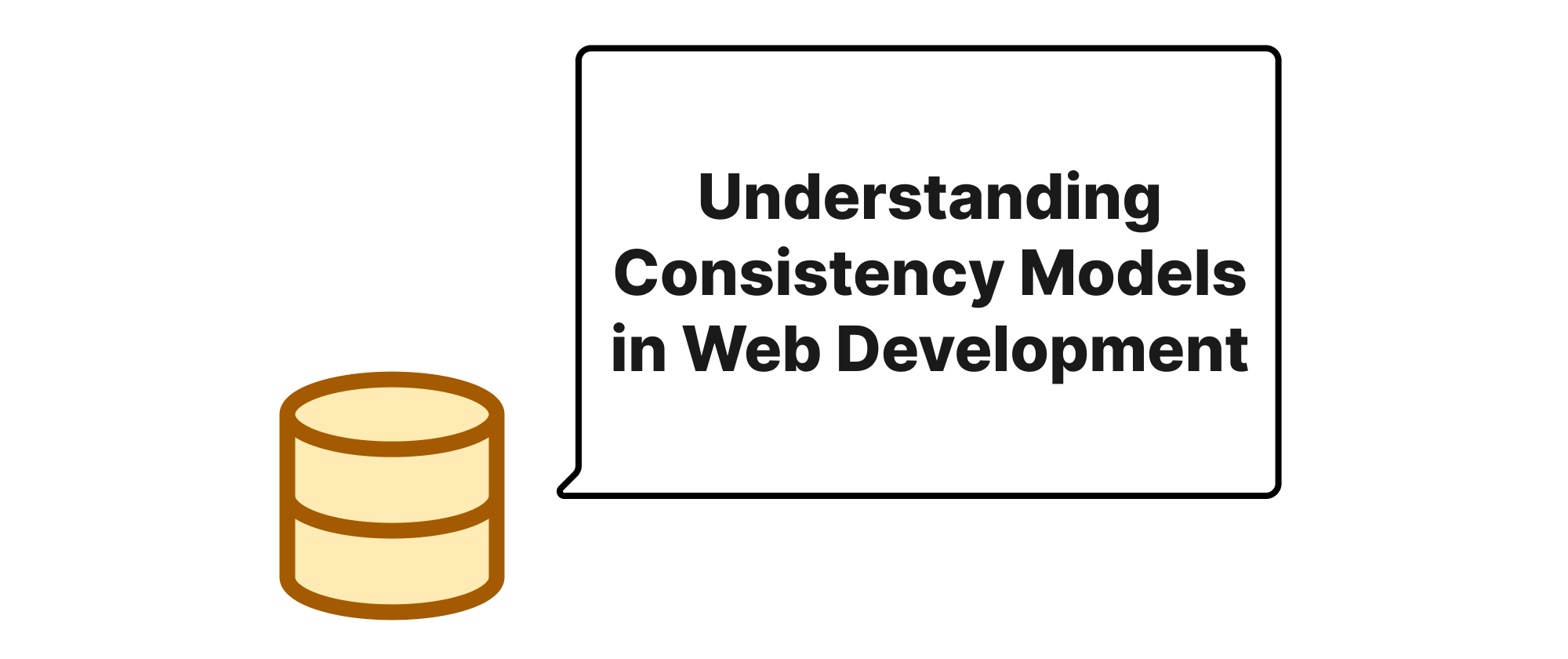
Understanding Consistency Models in Web Development
Explore the trade-offs between strong consistency and eventual consistency in web development, covering their definitions, implementation techniques, and practical use cases with code examples.

Build Your Own Forum with FastAPI: Step 4 - User System
This guide details adding a user authentication system to a FastAPI forum, covering registration, login, and password hashing to associate posts with authors.

Type-Safe Configuration in Go Without Viper
Discover how to achieve robust and type-safe application configuration in Go using struct tags and environment variables, offering a lightweight alternative to external libraries like Viper.
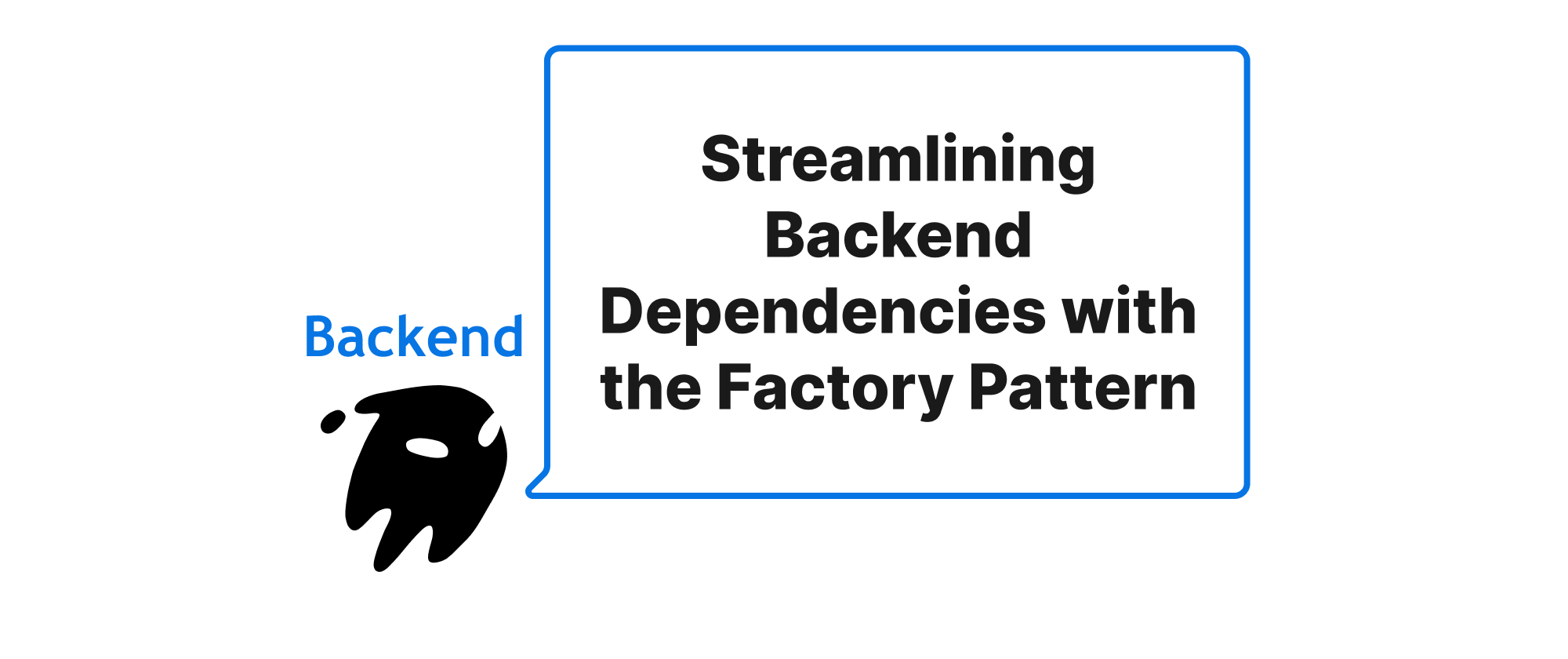
Streamlining Backend Dependencies with the Factory Pattern
Explore how the Factory Pattern enhances backend service layers by effectively managing dependencies and strategies, improving modularity and testability.

Request-Scoped Caching in Node.js with WeakMaps and WeakSets
Explore how to implement request-scoped caching in Node.js services using WeakMaps and WeakSets, effectively preventing memory leaks and enhancing performance.
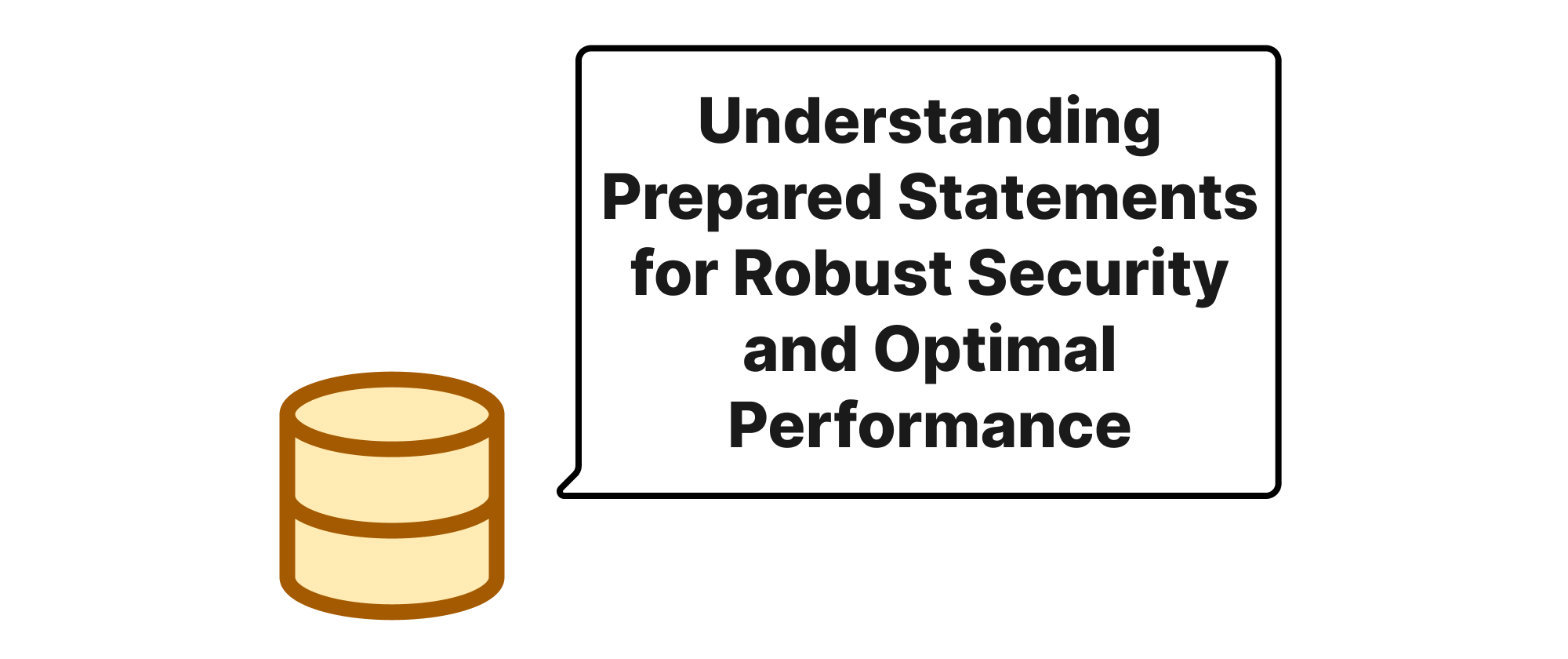
Understanding Prepared Statements for Robust Security and Optimal Performance
Delve into how prepared statements fundamentally enhance SQL security against injection attacks and contribute significantly to database performance.

Build Your Own Forum with FastAPI: Step 3 - HTML Template
This guide shows how to integrate the Jinja2 template engine with a FastAPI forum, separating HTML presentation from Python logic for cleaner, more maintainable code.
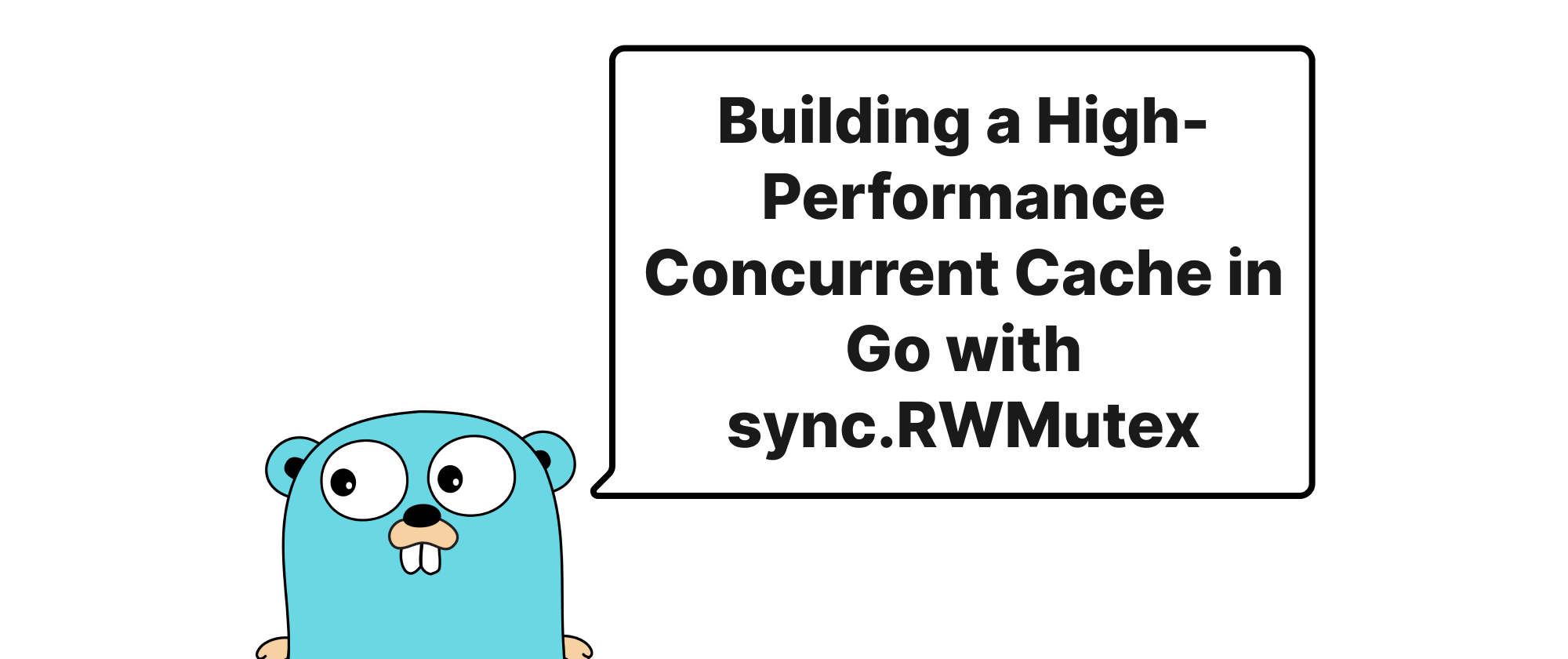
Building a High-Performance Concurrent Cache in Go with sync.RWMutex
This article explores how to leverage Go's sync.RWMutex to create an efficient and thread-safe in-memory cache, offering detailed explanations and practical code examples for robust concurrent applications.
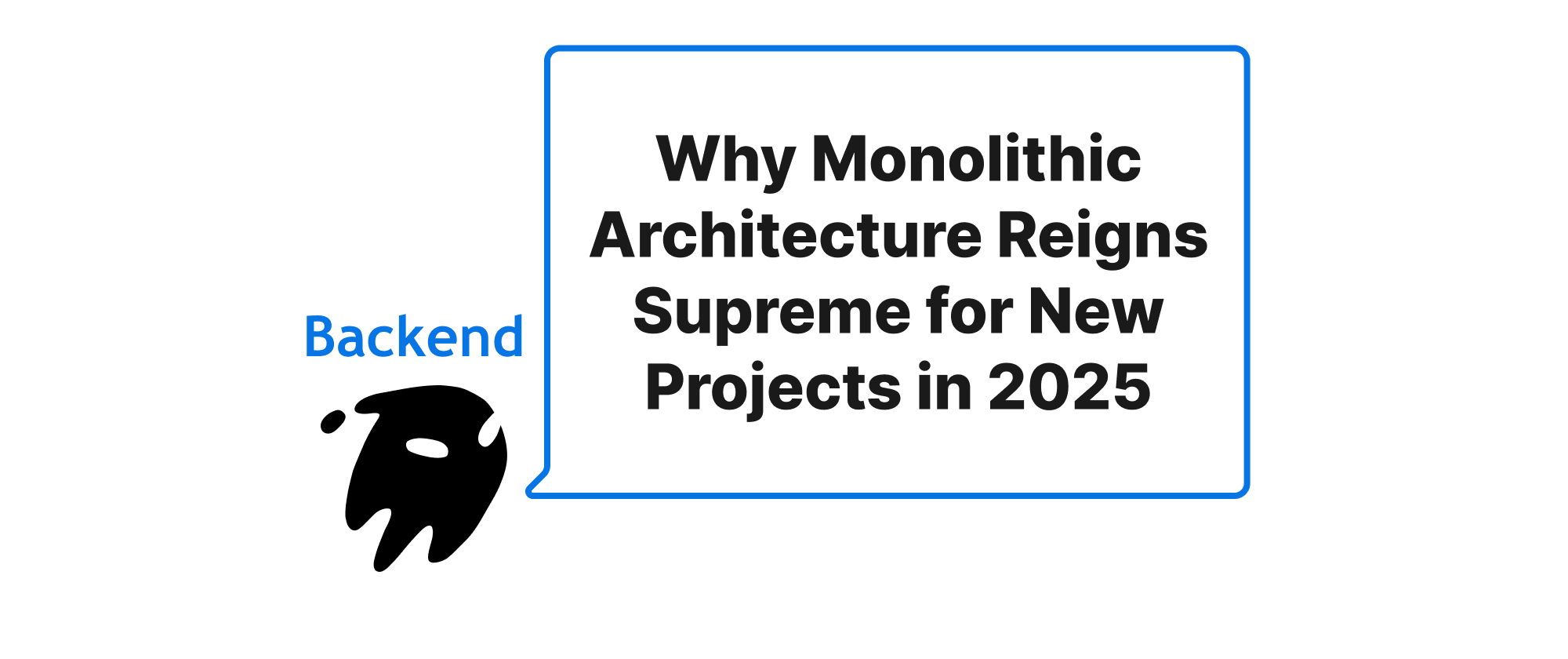
Why Monolithic Architecture Reigns Supreme for New Projects in 2025
This article argues for the continued relevance and strategic advantage of monolithic architecture for new backend projects in 2025, emphasizing its benefits in development efficiency, operational simplicity, and accelerated time-to-market.
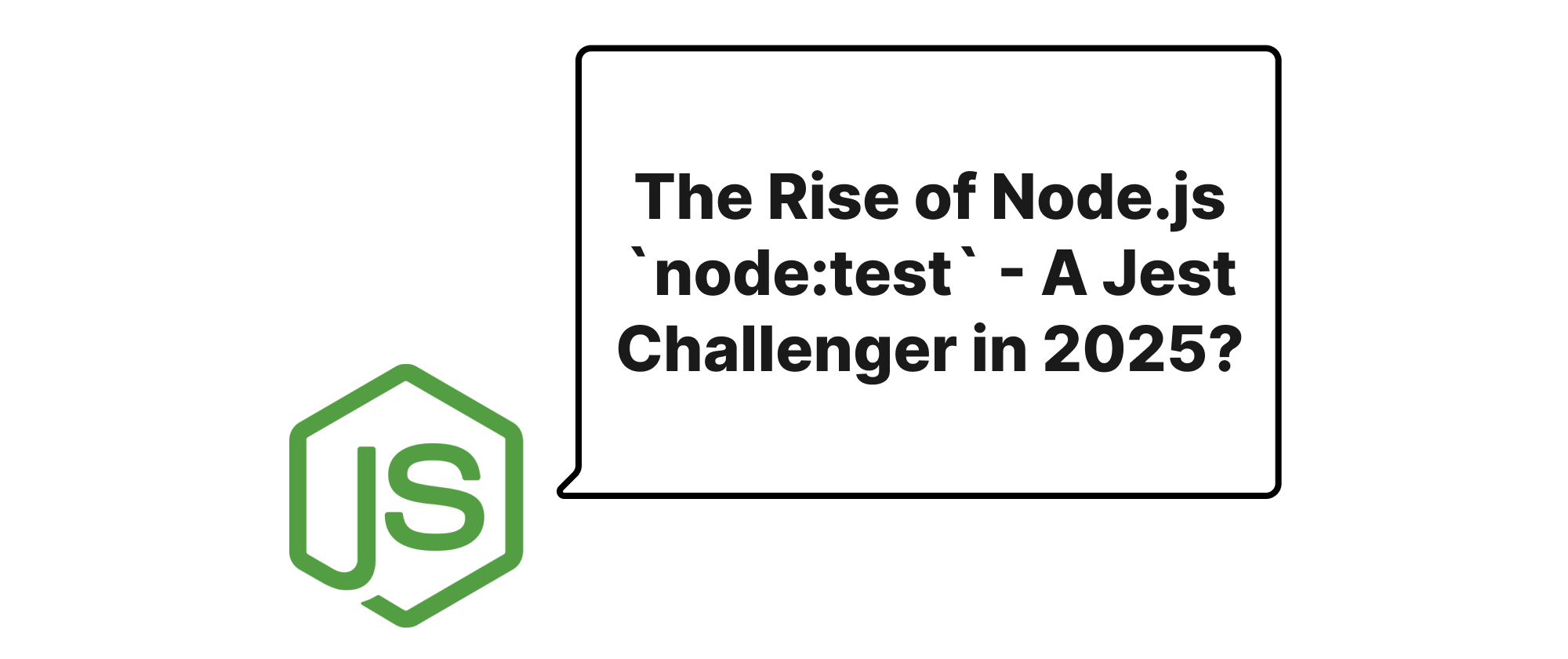
The Rise of Node.js `node:test` - A Jest Challenger in 2025?
Exploring the growing capabilities of Node.js's native test runner (`node:test`) and its potential to rival established frameworks like Jest as the preferred testing solution for JavaScript projects by 2025.
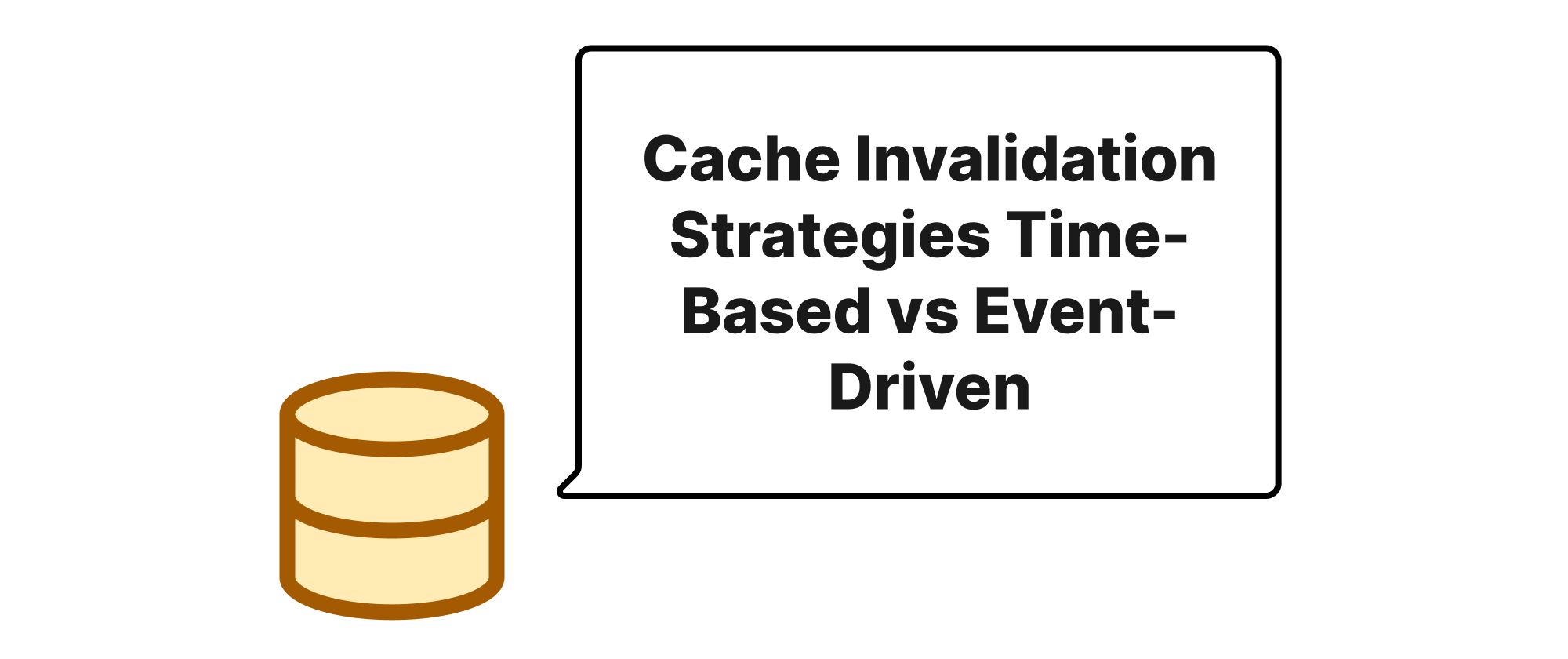
Cache Invalidation Strategies Time-Based vs Event-Driven
Exploring the core differences and applications of time-based and event-driven cache invalidation to optimize data consistency and performance in database systems.
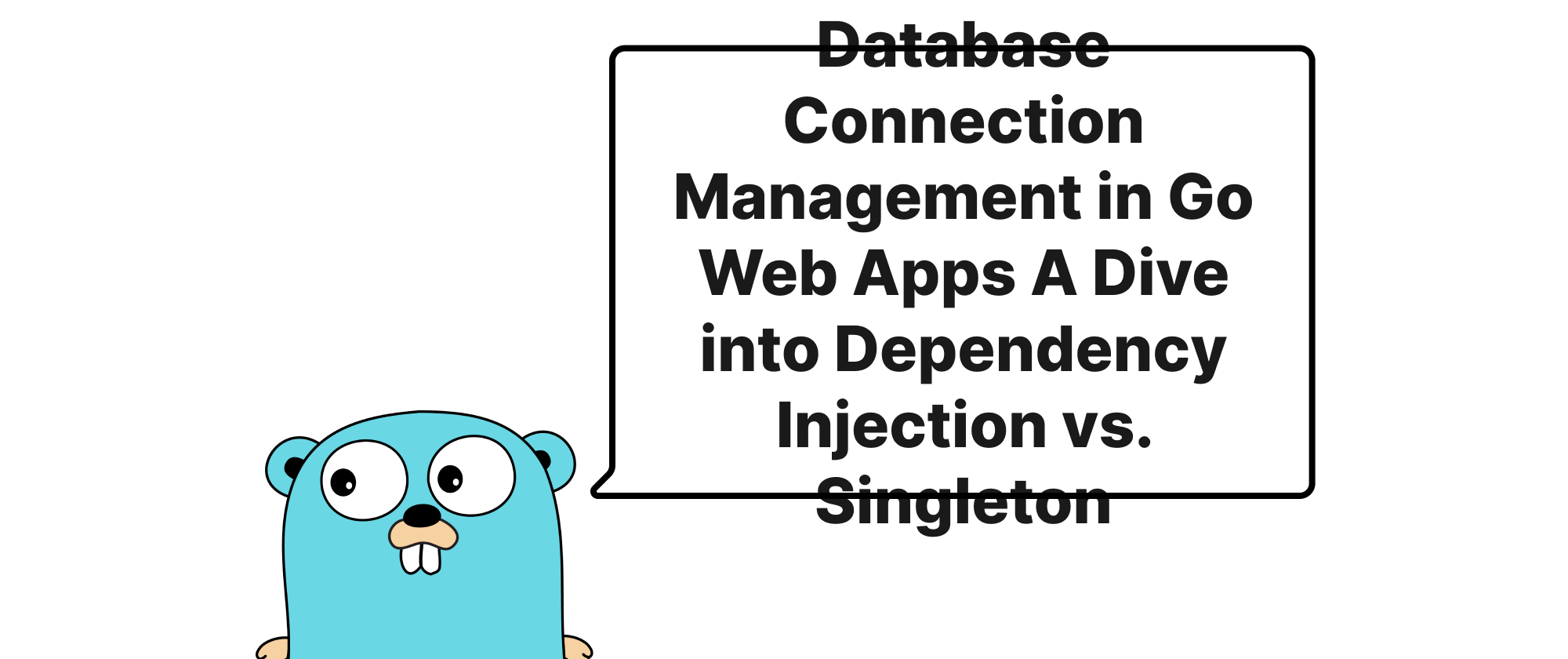
Database Connection Management in Go Web Apps A Dive into Dependency Injection vs. Singleton
Exploring best practices for managing sql.DB instances in Go web applications, comparing singleton patterns with dependency injection to ensure robust and maintainable code.
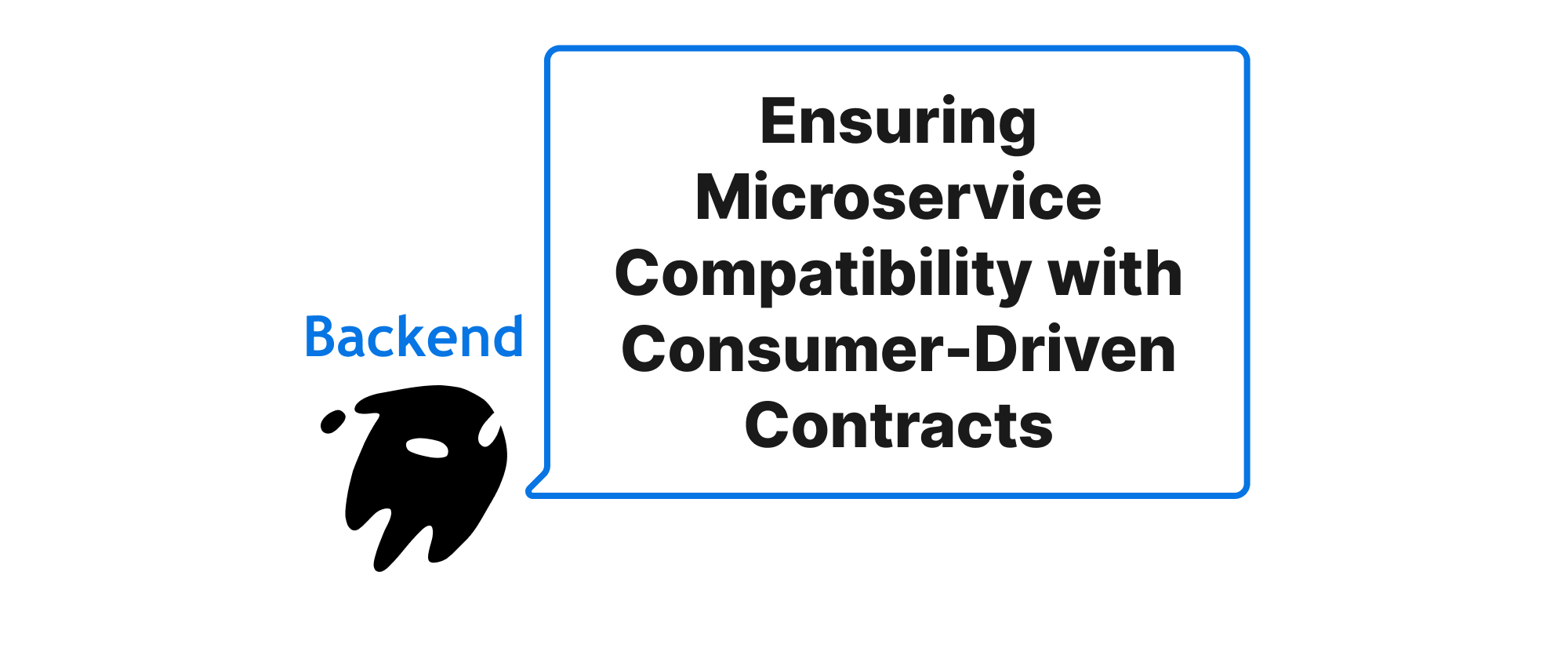
Ensuring Microservice Compatibility with Consumer-Driven Contracts
This article explores how Pact.io facilitates consumer-driven contract testing in backend microservices, ensuring robust and reliable integration between services.
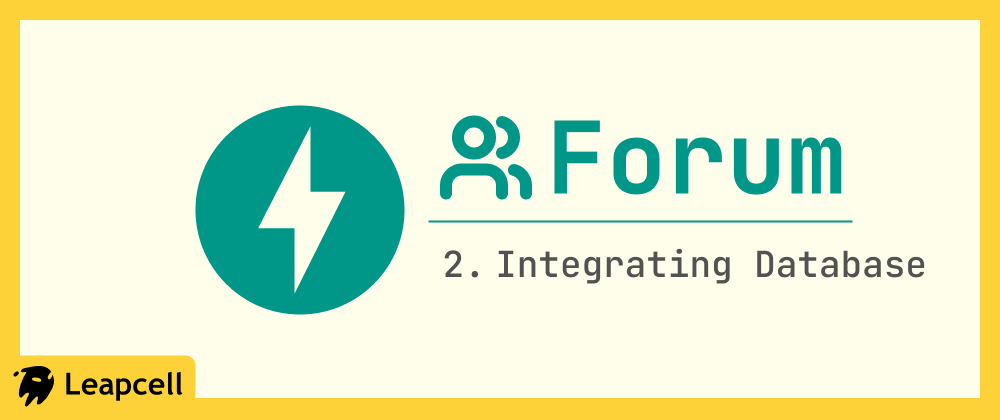
Build Your Own Forum with FastAPI: Step 2 - Integrating Database
This tutorial explains how to replace a FastAPI forum's in-memory list with a PostgreSQL database using SQLAlchemy, enabling persistent data storage for posts across server restarts.
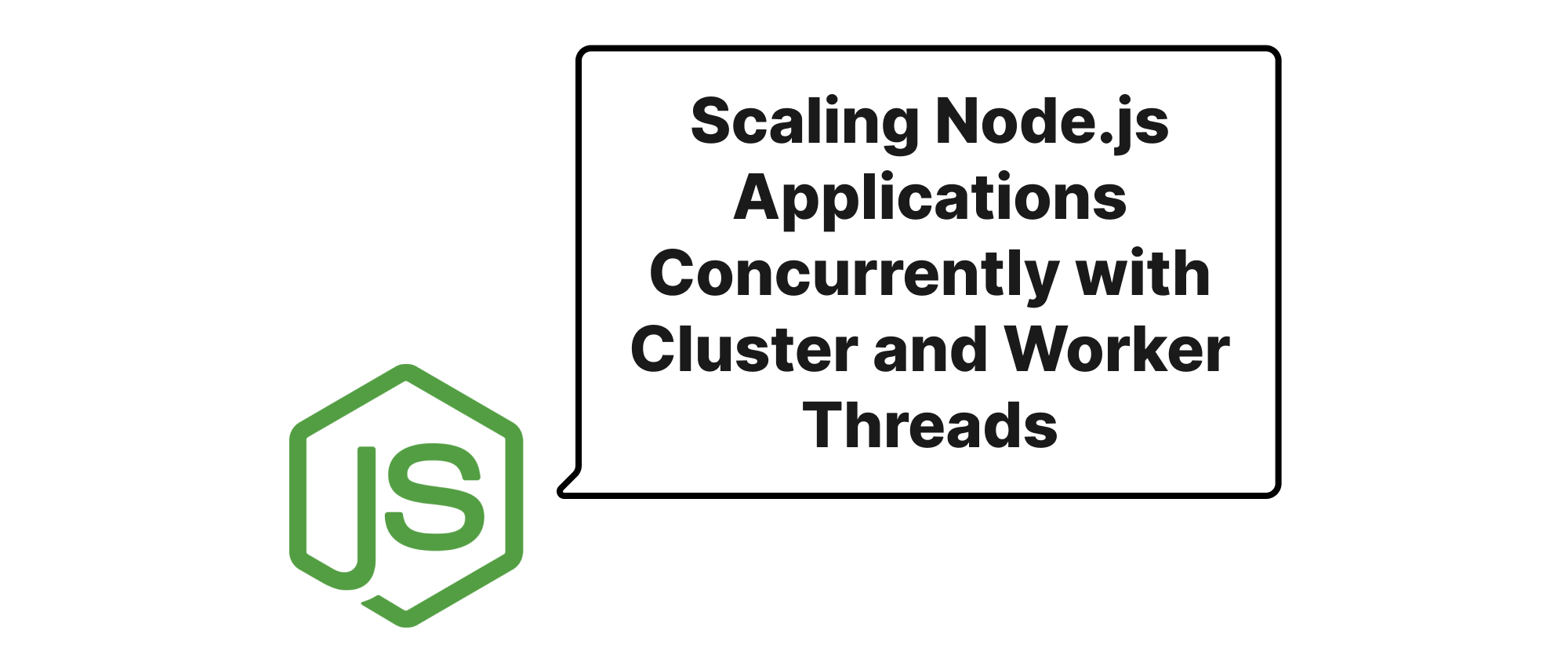
Scaling Node.js Applications Concurrently with Cluster and Worker Threads
Explore a comprehensive guide to scaling Node.js applications using multi-process (cluster) and multi-thread (worker_threads) modules, complete with practical examples and use cases.
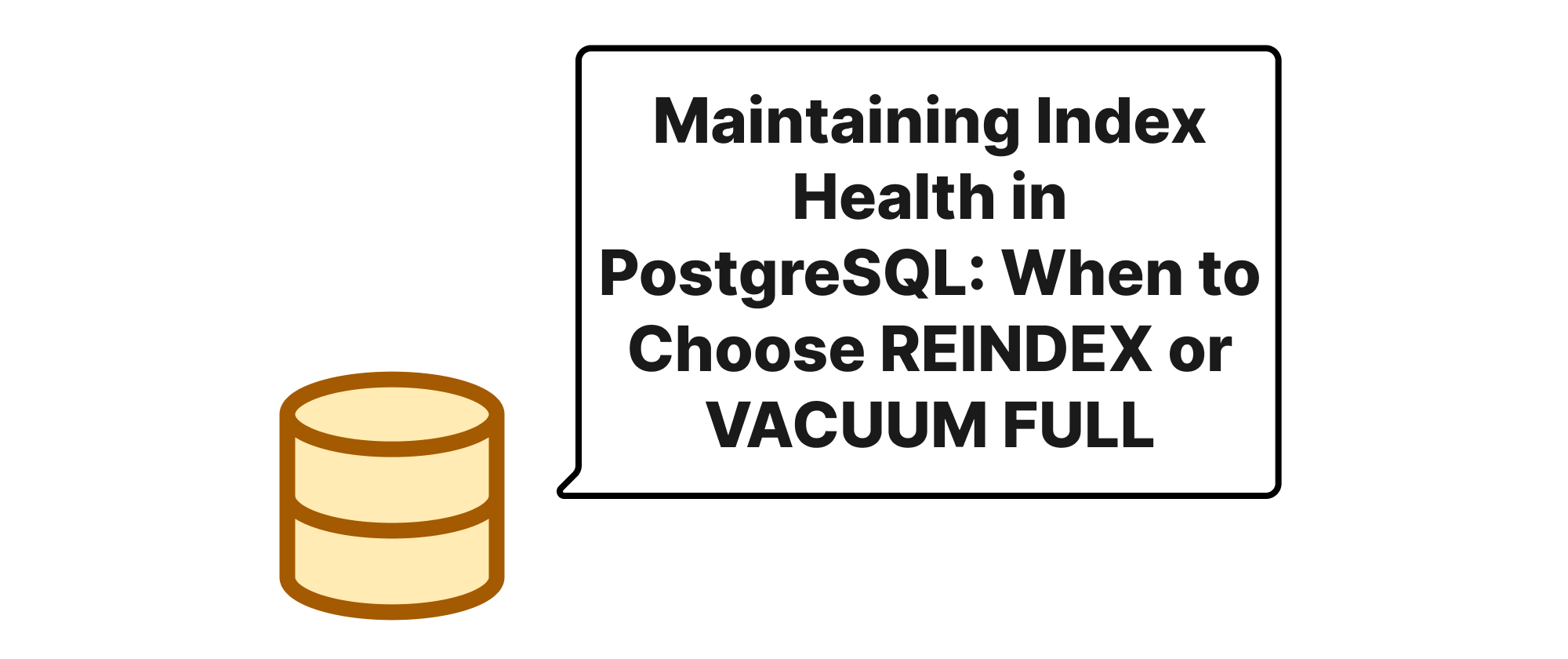
Maintaining Index Health in PostgreSQL: When to Choose REINDEX or VACUUM FULL
This article clarifies the scenarios for using REINDEX versus VACUUM FULL in PostgreSQL to optimize index performance and storage, explaining their mechanisms and providing practical examples.

SQLC vs GORM - Two Approaches to Database Interaction in Go
Exploring the fundamental differences between SQLC and GORM for database operations in Go, highlighting their distinct philosophies and use cases.

Build Your Own Forum with FastAPI: Step 1 - A Minimal Forum
This beginner-friendly tutorial shows how to build a simple forum from scratch using Python and FastAPI, covering setup, core APIs, and a basic HTML front-end for a working prototype.
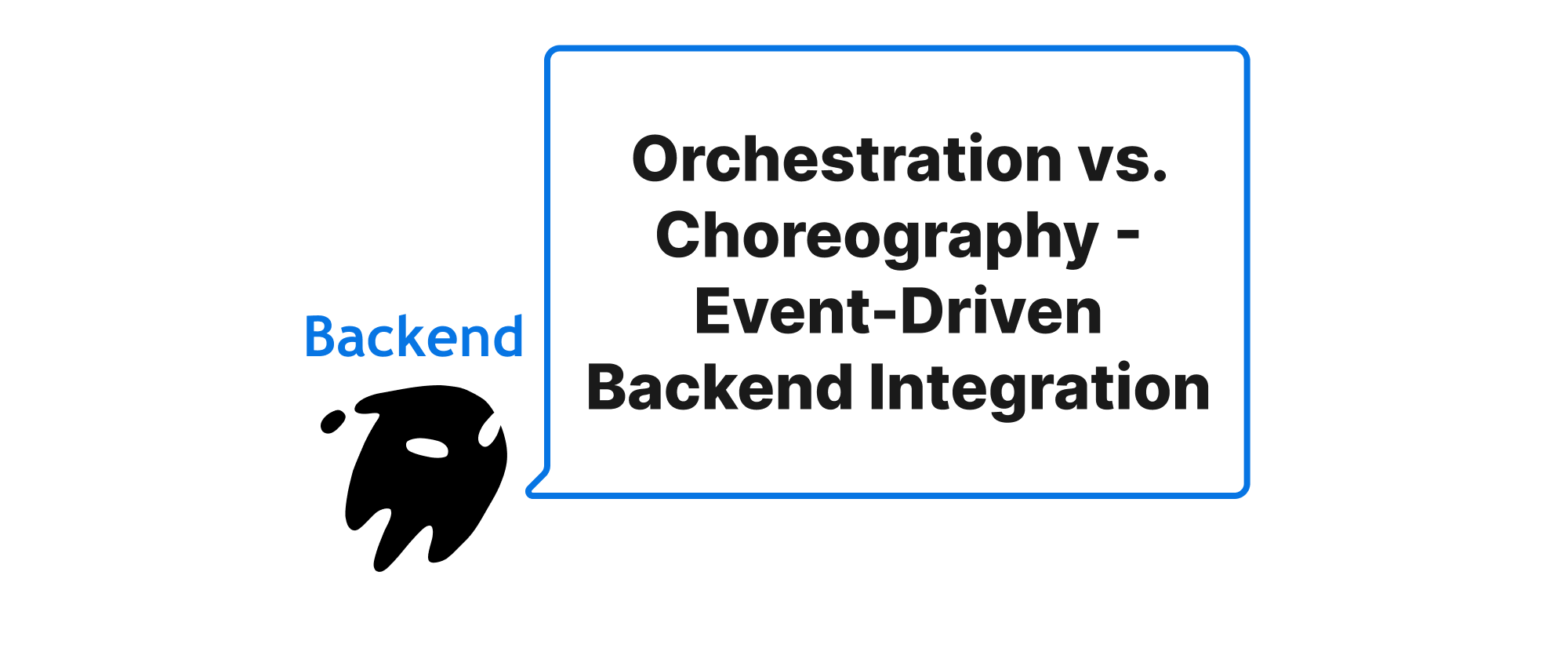
Orchestration vs. Choreography - Event-Driven Backend Integration
Exploring the two primary event-driven patterns, orchestration and choreography, for building robust and scalable microservices architectures. This article delves into their principles, implementation strategies, and practical applications with code examples, helping you choose the right approach for your backend systems.
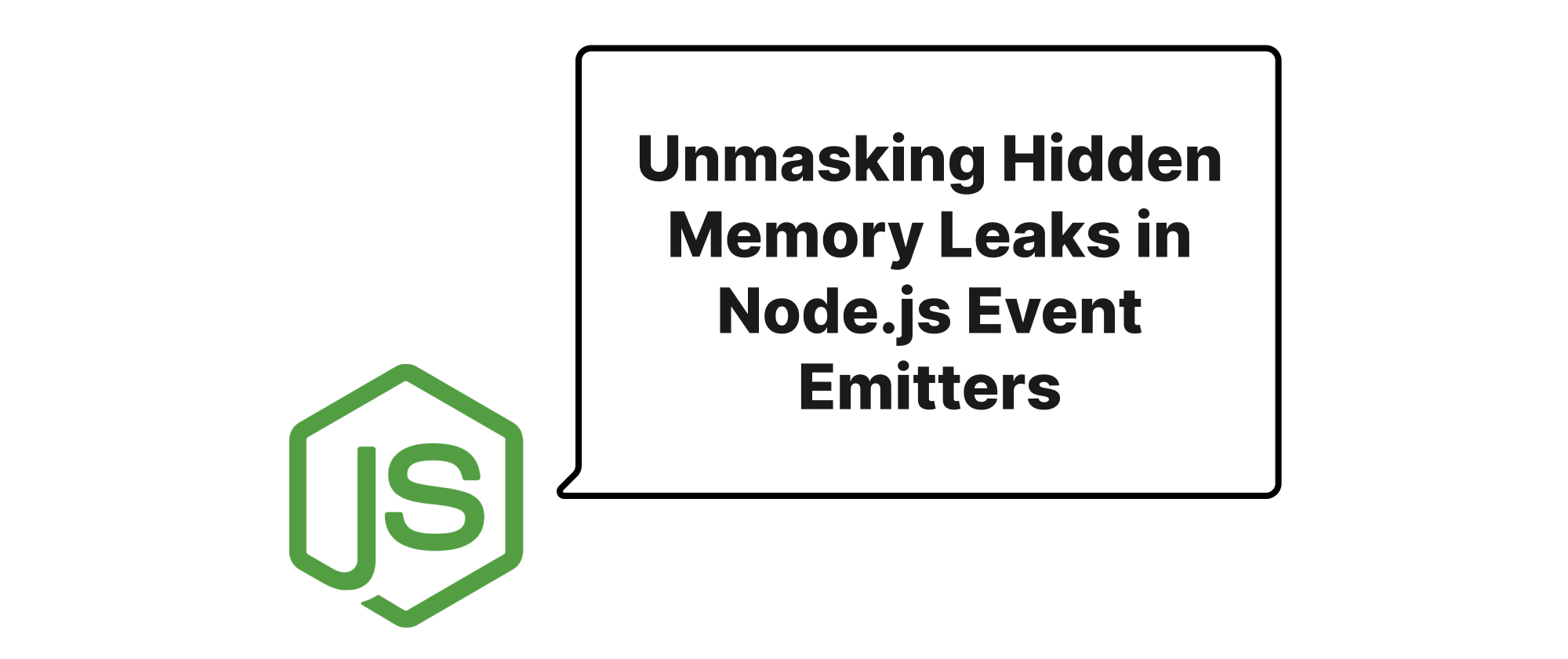
Unmasking Hidden Memory Leaks in Node.js Event Emitters
Dive into the common pitfalls of `emitter.on(...)` in Node.js, understand how it leads to memory leaks, and learn practical strategies to identify and fix them, ensuring robust and performant applications.
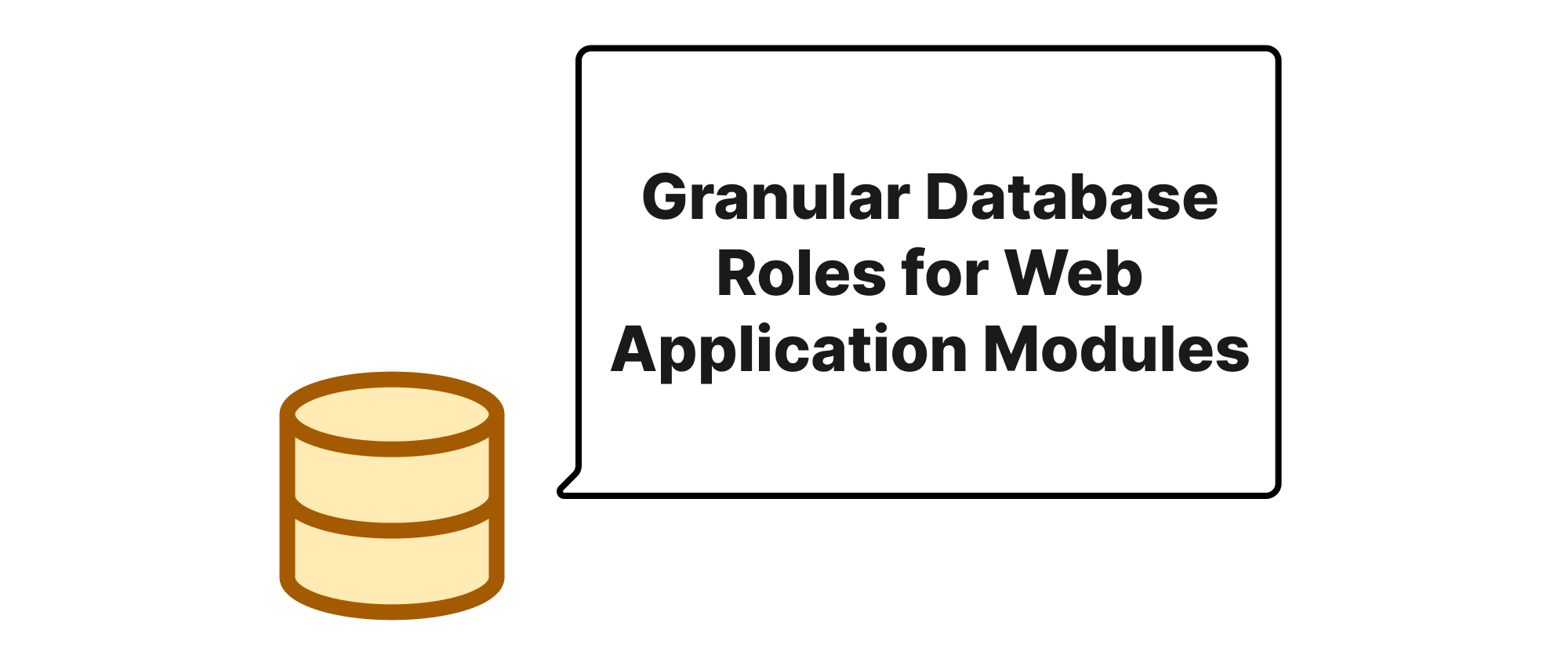
Granular Database Roles for Web Application Modules
This article delves into the importance and implementation of creating dedicated database roles and permissions for different modules within a web application to enhance security and maintainability.
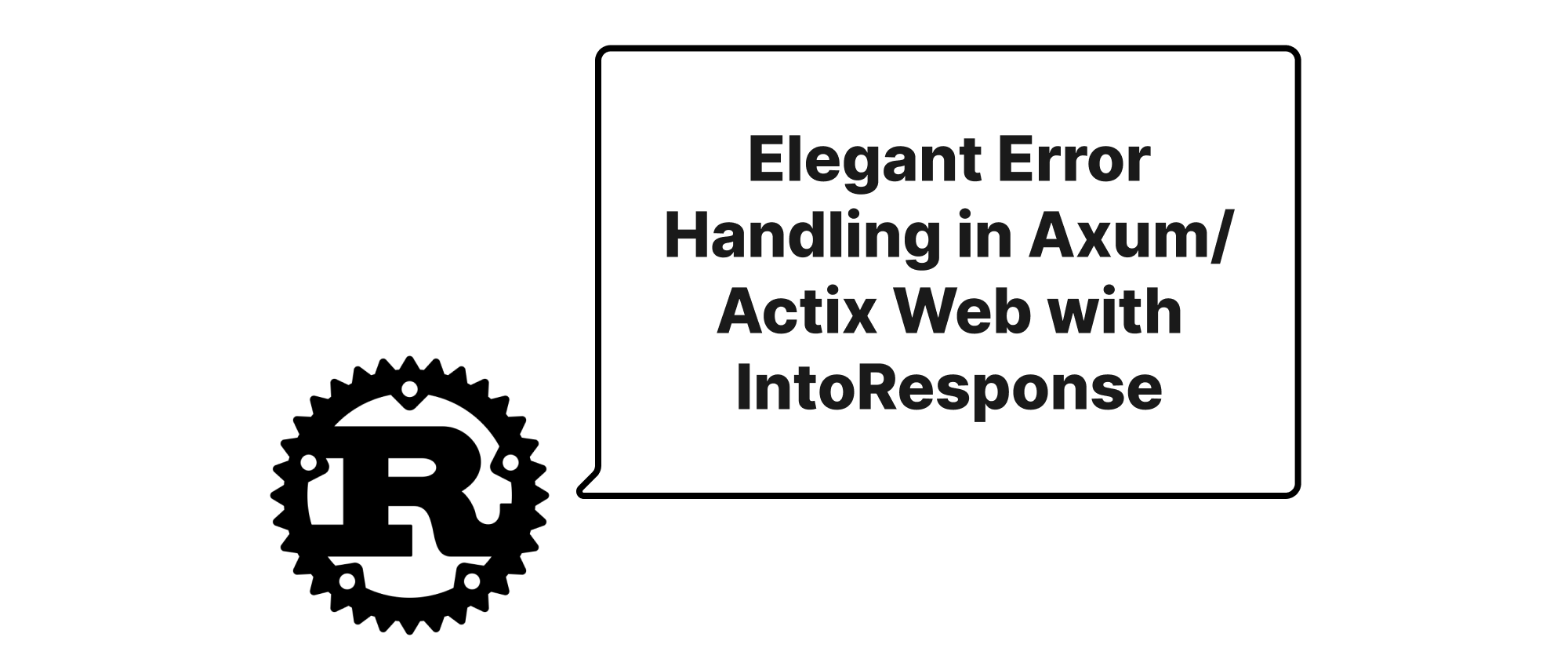
Elegant Error Handling in Axum/Actix Web with IntoResponse
This article explores how to gracefully transform Rust's Result type into HTTP error responses within Axum and Actix Web frameworks using the IntoResponse trait.
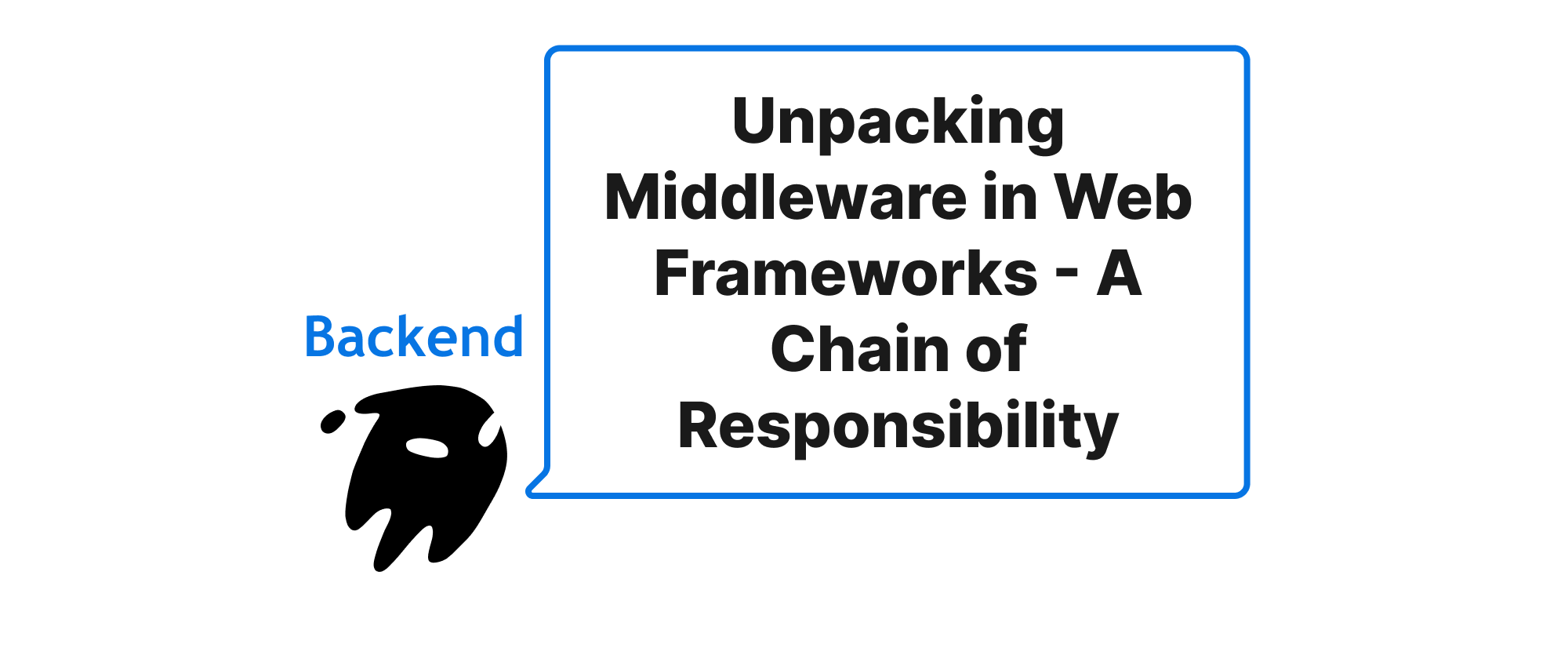
Unpacking Middleware in Web Frameworks - A Chain of Responsibility Deep Dive
This article delves into the core mechanics of middleware in popular web frameworks like Express, Gin, and Axum, revealing its implementation as a classic Chain of Responsibility pattern. We explore its principles, practical applications, and provide code examples to illustrate how this design pattern empowers flexible and modular request processing.

The Dawn of a New Era in JavaScript Date Handling
Exploring how the Temporal API is set to replace legacy date libraries, offering a robust and precise solution for date and time management in Node.js.
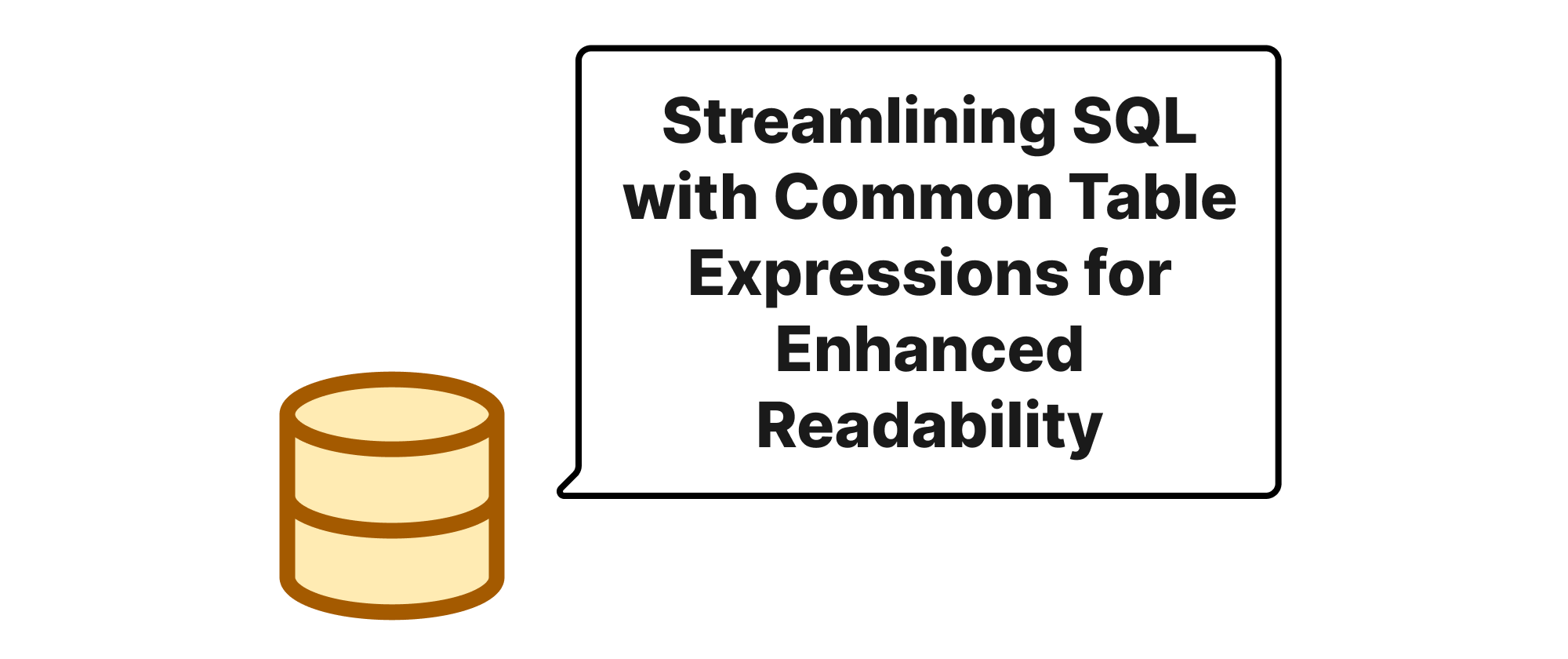
Streamlining SQL with Common Table Expressions for Enhanced Readability
This article delves into the power of CTEs in SQL, demonstrating how they simplify complex queries and significantly boost code readability for better maintainability and collaboration.
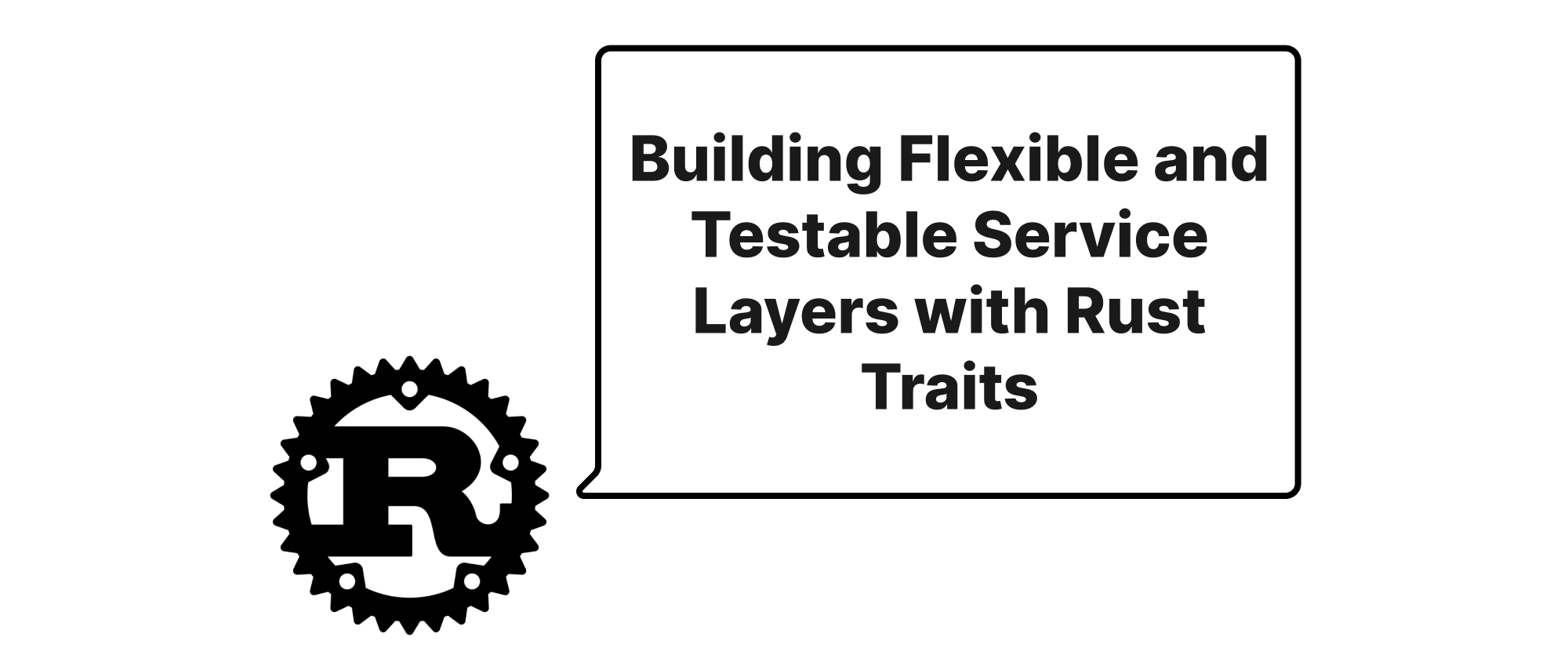
Building Flexible and Testable Service Layers with Rust Traits
This article explores how to leverage Rust's Traits to build robust, dependency-injectable, and easily testable service layers, improving code maintainability and development efficiency.

Embracing Vertical Slices Beyond N-Tier Architectures
This article explores the vertical slice architecture as an alternative to traditional N-tier designs in modern web development, particularly within ASP.NET Core and FastAPI. It delves into the motivations, core principles, practical implementation with code examples, and suitability for various application contexts.
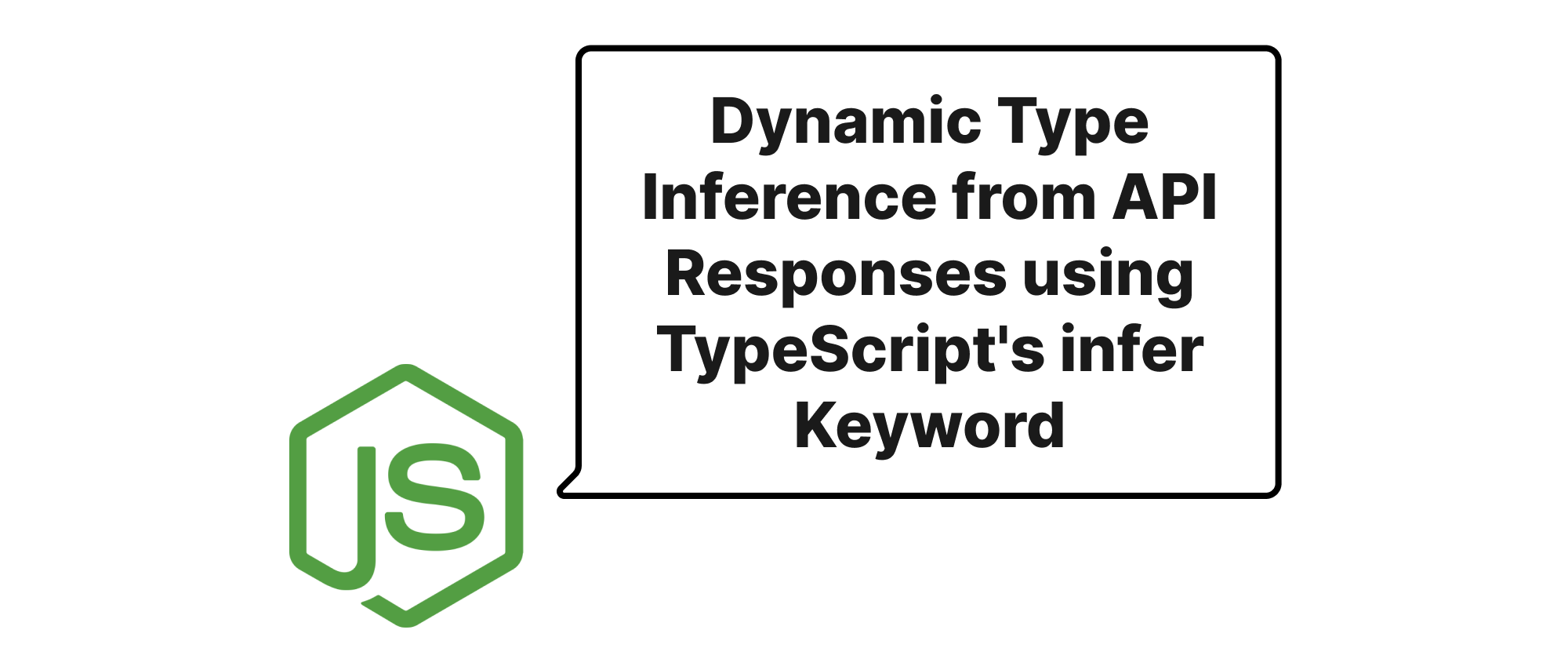
Dynamic Type Inference from API Responses using TypeScript's infer Keyword
Explore how TypeScript's `infer` keyword can be effectively utilized to dynamically deduce return types from API responses, streamlining development and enhancing type safety.
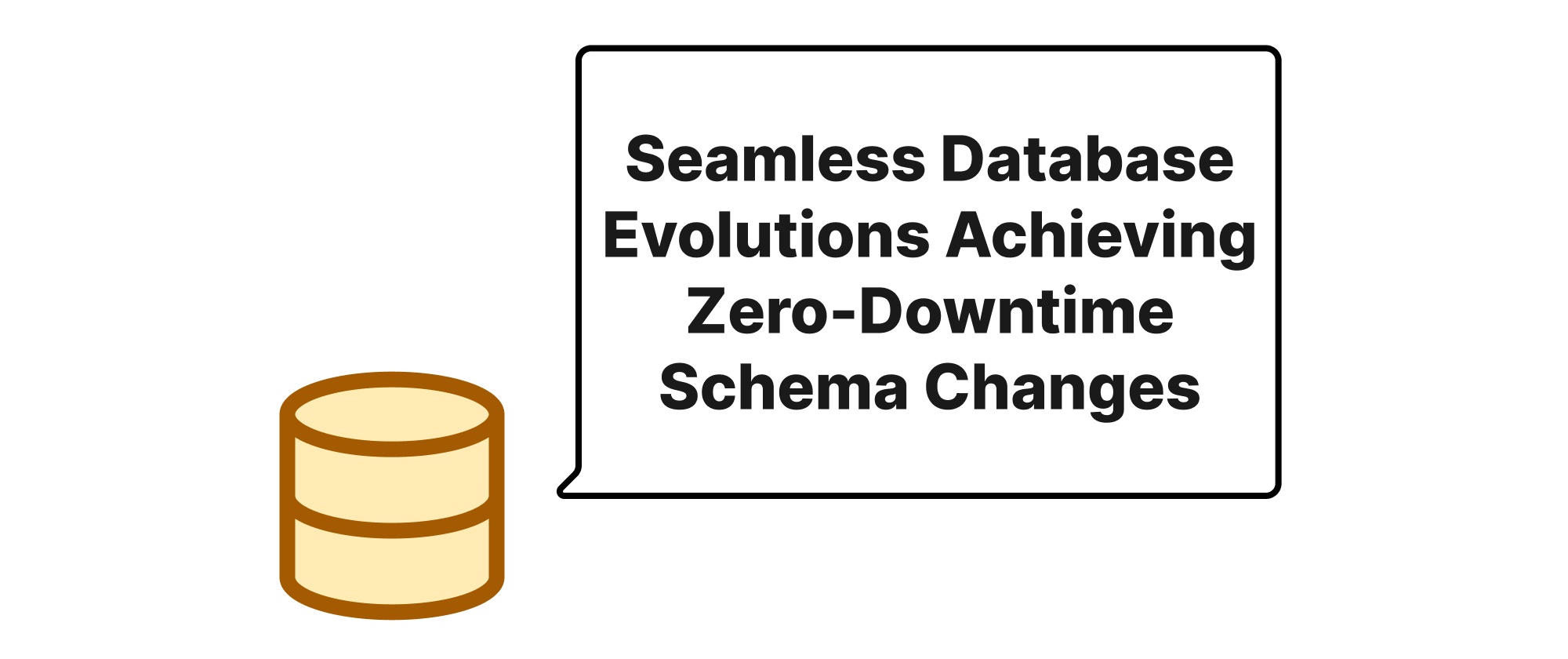
Seamless Database Evolutions Achieving Zero-Downtime Schema Changes
This article delves into the strategies and steps required to perform database schema changes without incurring any downtime, a critical aspect of modern, highly available systems.
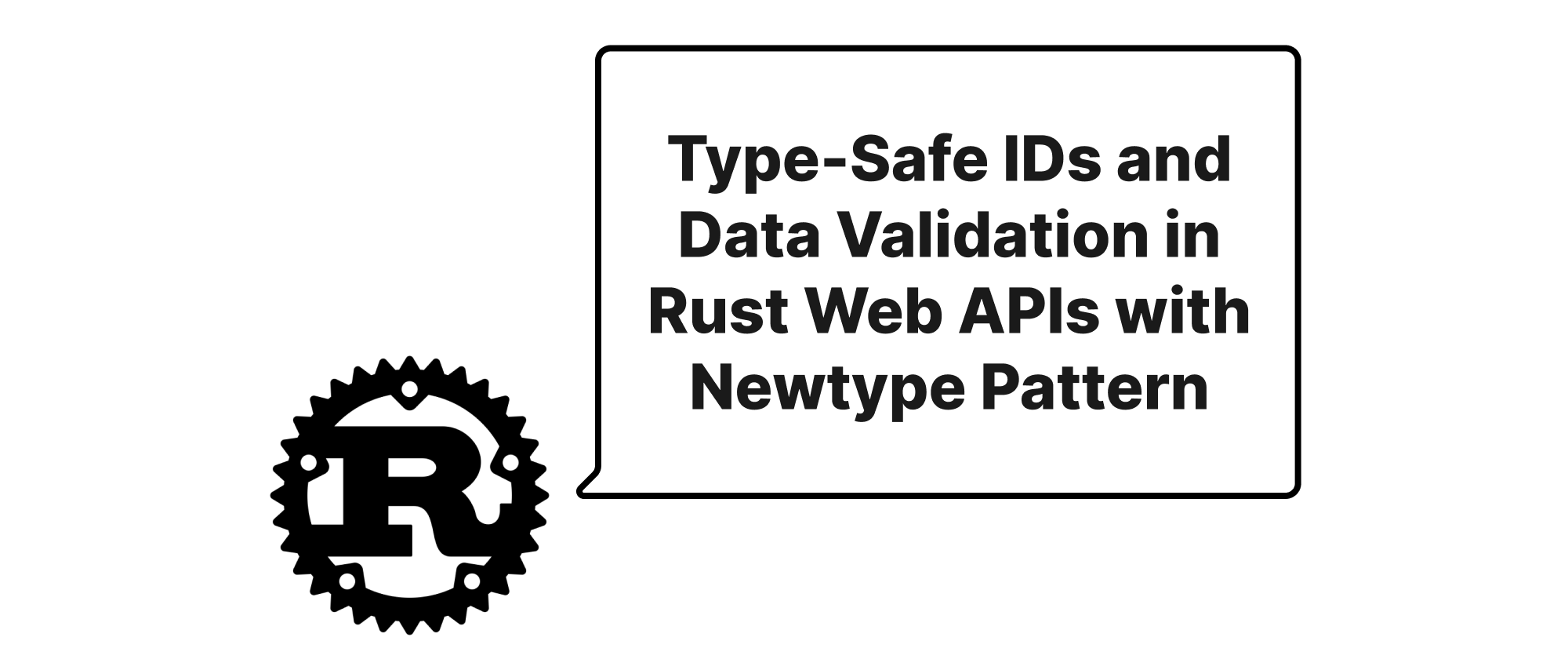
Type-Safe IDs and Data Validation in Rust Web APIs with Newtype Pattern
Explore how the Newtype pattern in Rust enhances type safety for IDs and facilitates robust data validation within web APIs, improving code reliability and maintainability.
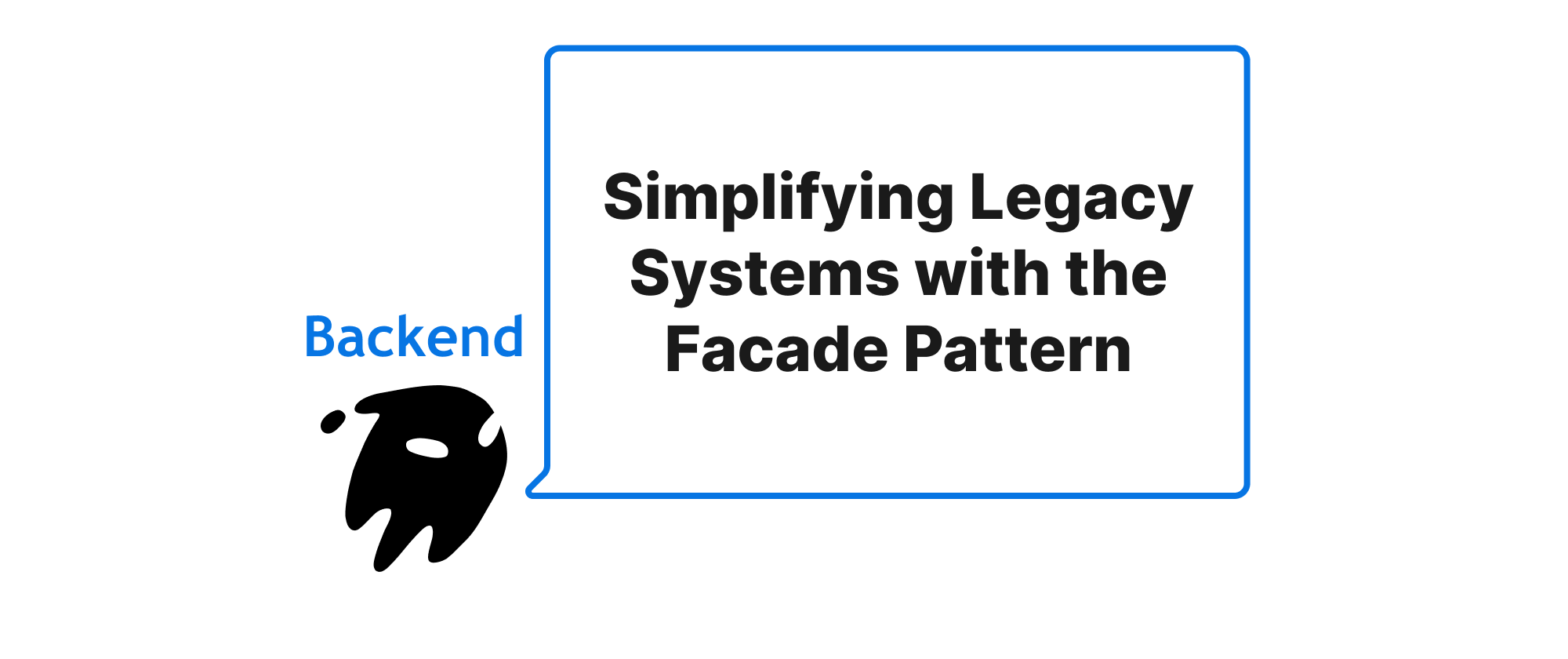
Simplifying Legacy Systems with the Facade Pattern
Explore how the Facade design pattern can be used in backend frameworks to provide a clean and simplified API for interacting with complex or legacy subsystems, improving maintainability and ease of use.
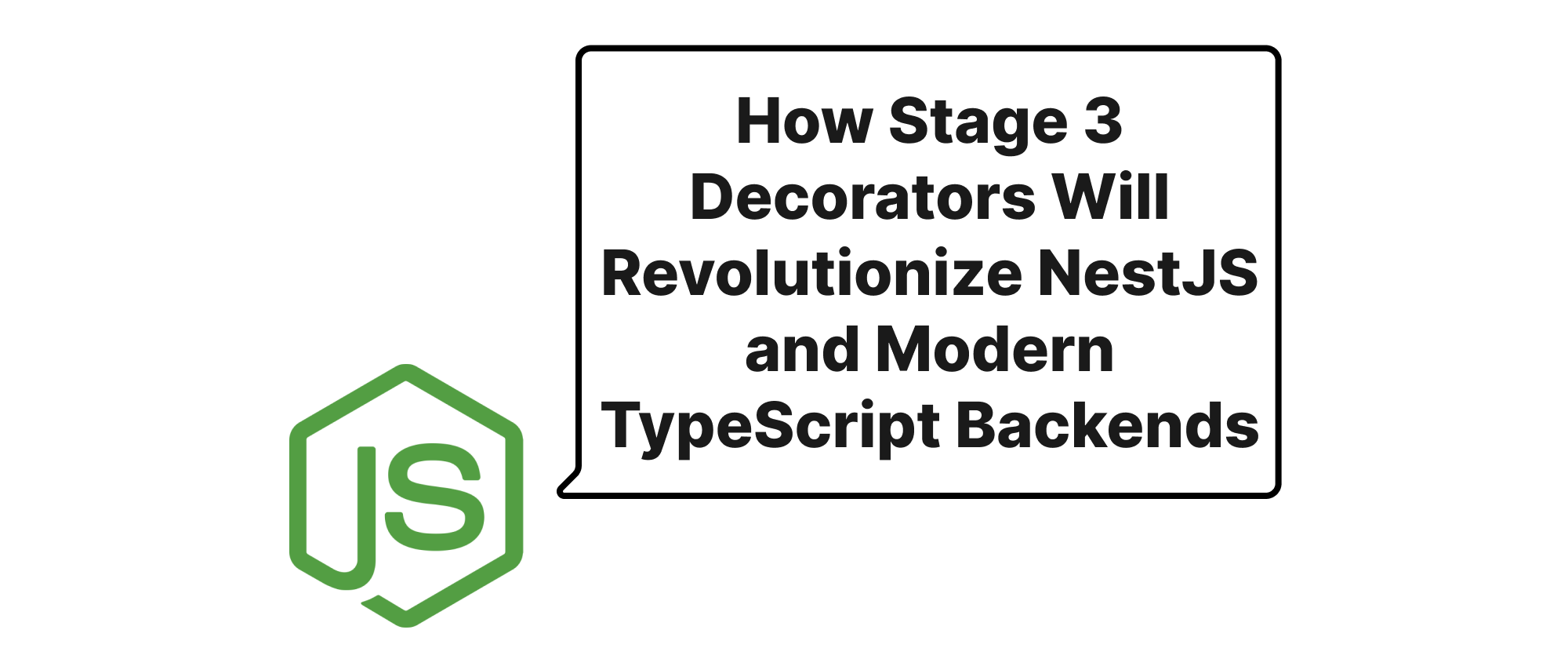
How Stage 3 Decorators Will Revolutionize NestJS and Modern TypeScript Backends
Explore the transformative impact of upcoming Stage 3 Decorators on NestJS architecture and the broader landscape of modern TypeScript backend development, leveraging enhanced metaprogramming capabilities.
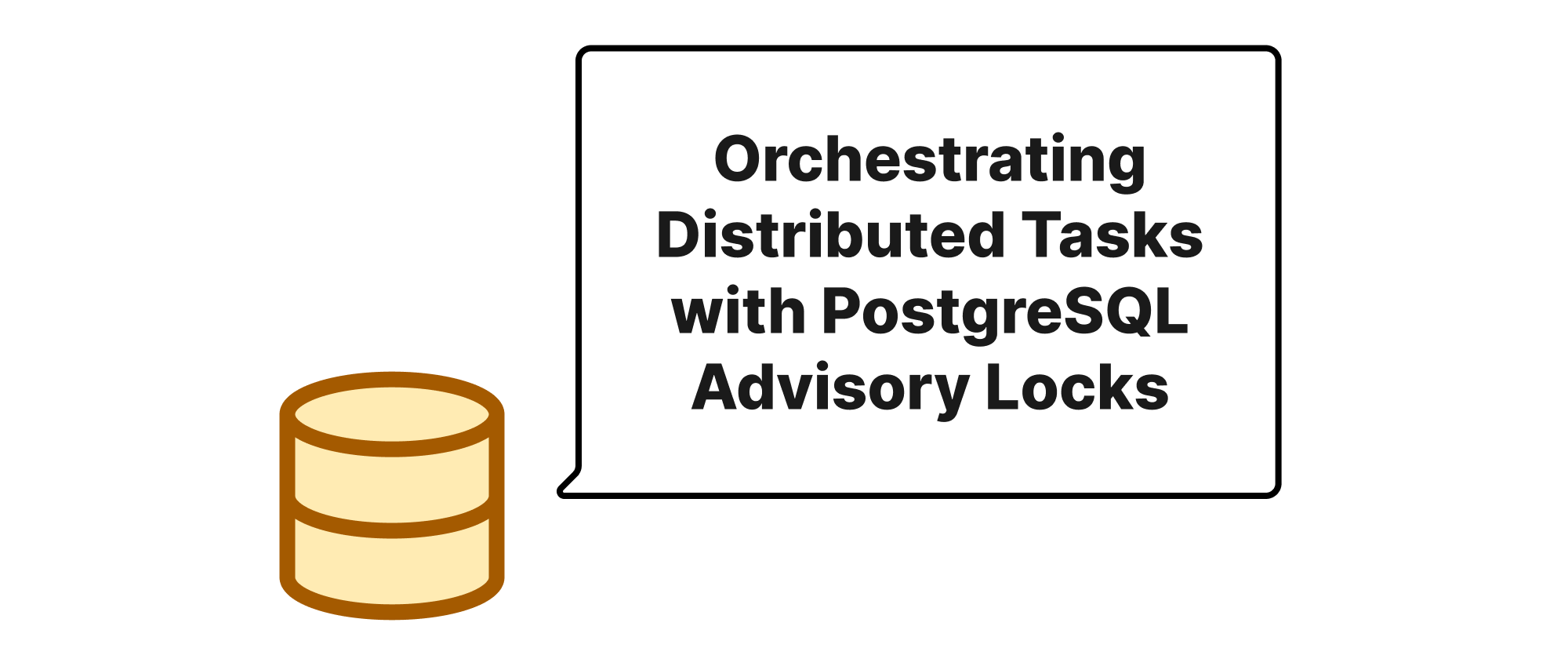
Orchestrating Distributed Tasks with PostgreSQL Advisory Locks
Explore how PostgreSQL advisory locks provide a robust and efficient mechanism for coordinating tasks across multiple instances in a distributed system, offering a lightweight alternative to traditional locking solutions.
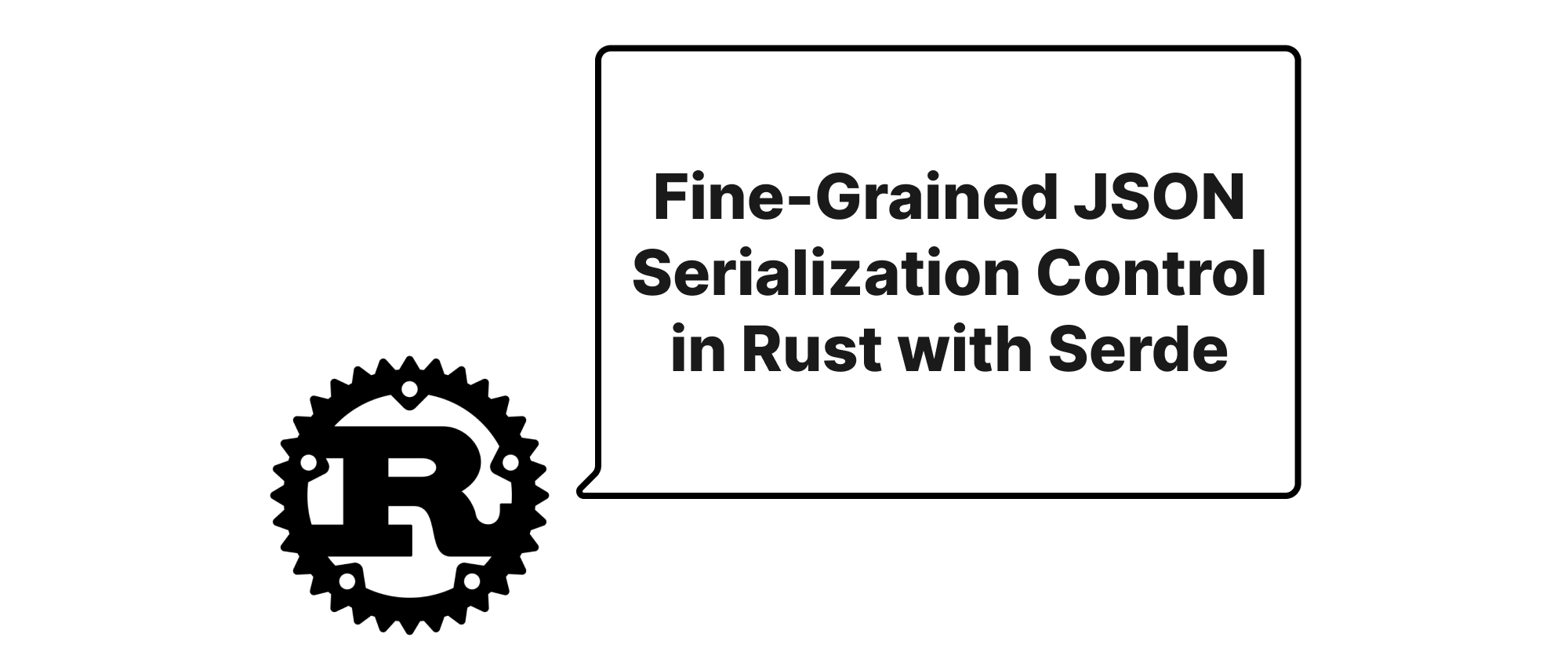
Fine-Grained JSON Serialization Control in Rust with Serde
This article explores how to achieve fine-grained control over JSON serialization in Rust using Serde attributes like `#[serde(rename_all)]` and `#[serde(skip_serializing_if)]`, enhancing flexibility and interoperability.
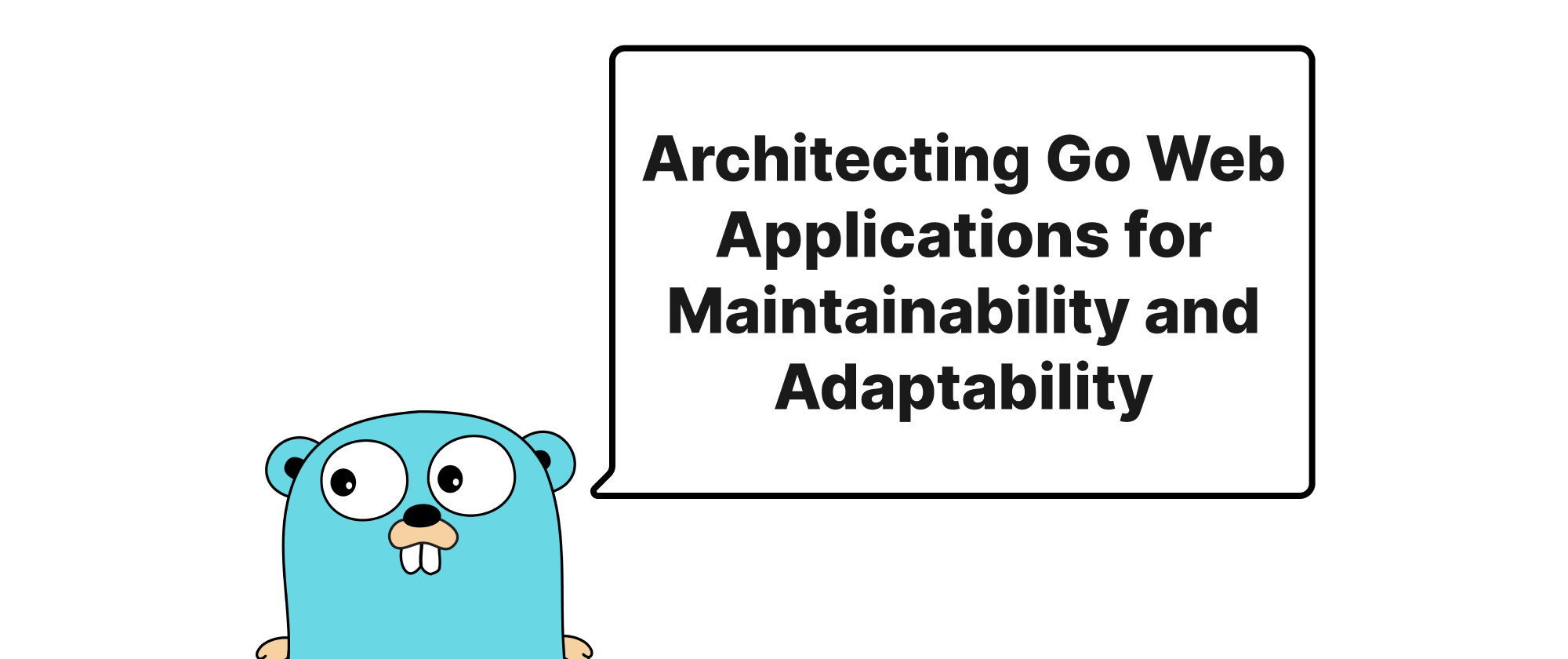
Architecting Go Web Applications for Maintainability and Adaptability
This article delves into implementing Clean Architecture in Go web projects, emphasizing the separation of business logic from framework specifics to enhance testability and long-term maintainability.
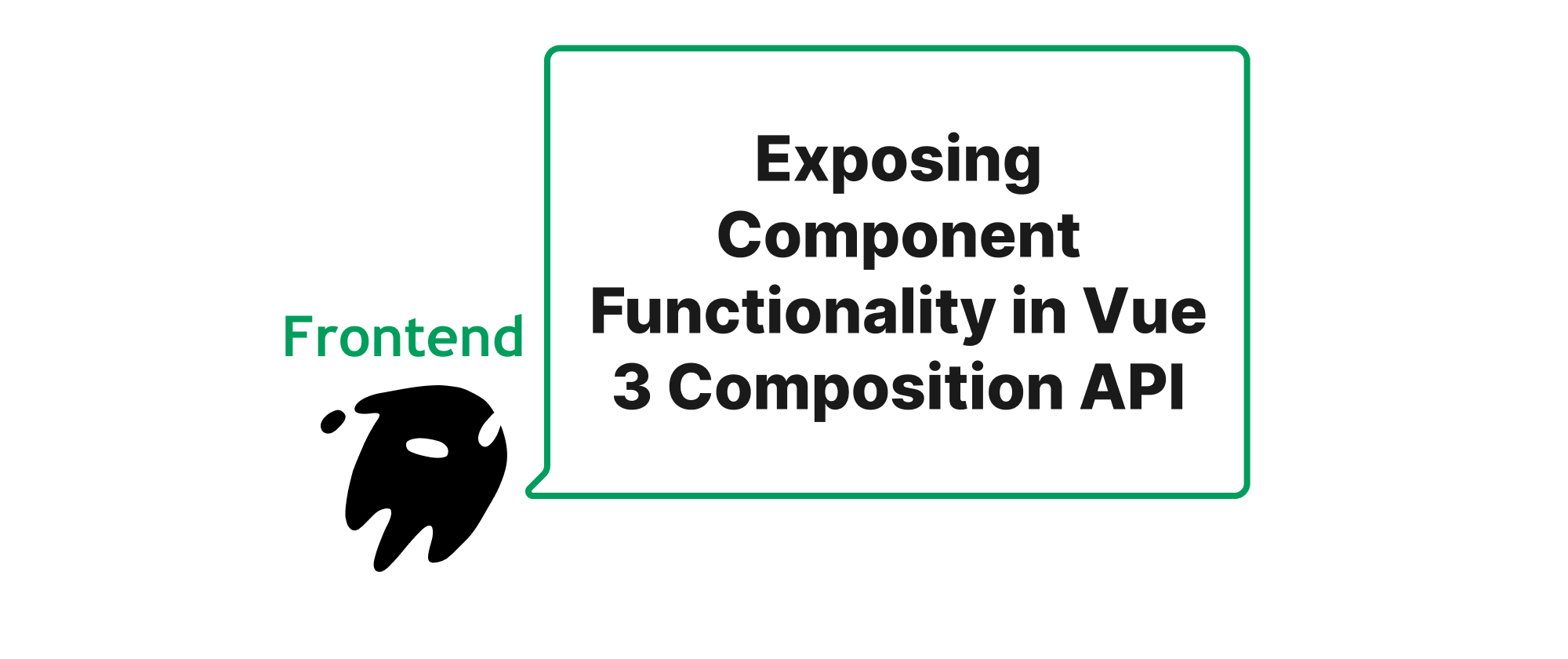
Exposing Component Functionality in Vue 3 Composition API
Understanding when and how to leverage `defineExpose` to selectively expose state and methods from a Vue 3 Composition API setup script, enhancing component reusability and external control.
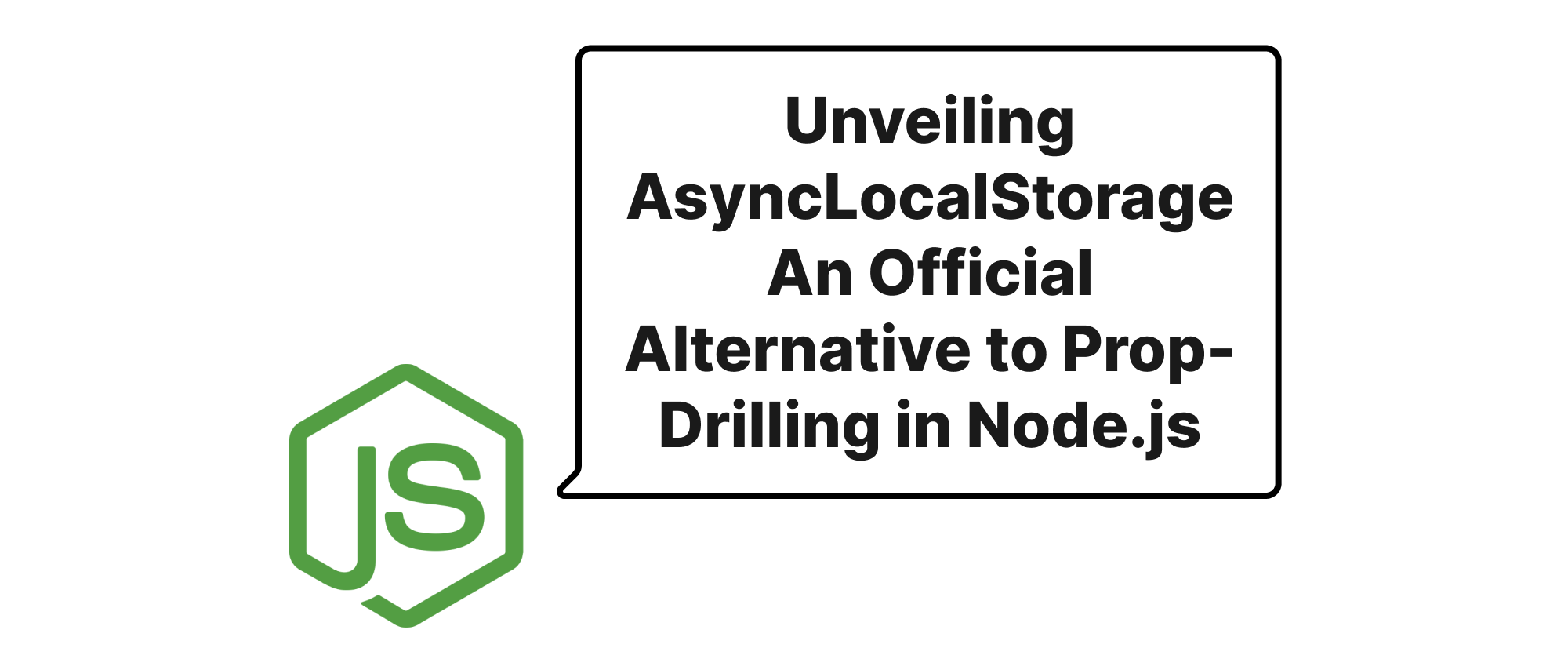
Unveiling AsyncLocalStorage An Official Alternative to Prop-Drilling in Node.js
Explore AsyncLocalStorage as a powerful official solution to prop-drilling in Node.js, enhancing context management in asynchronous operations and improving code maintainability.
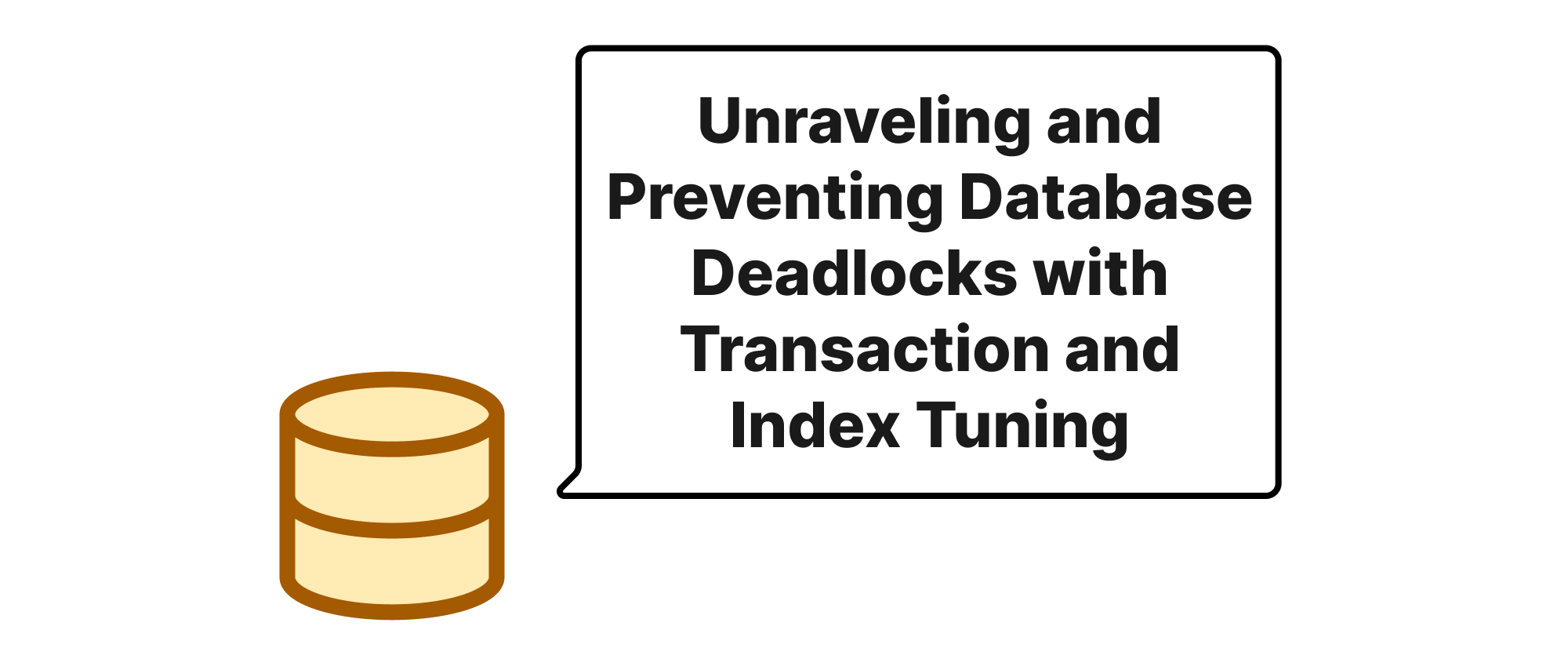
Unraveling and Preventing Database Deadlocks with Transaction and Index Tuning
This article delves into the common scnenario of database deadlocks, explaining their core mechanisms and demonstrating how strategic adjustments to transactions and indexes can effectively avert them, ensuring smoother database operations.
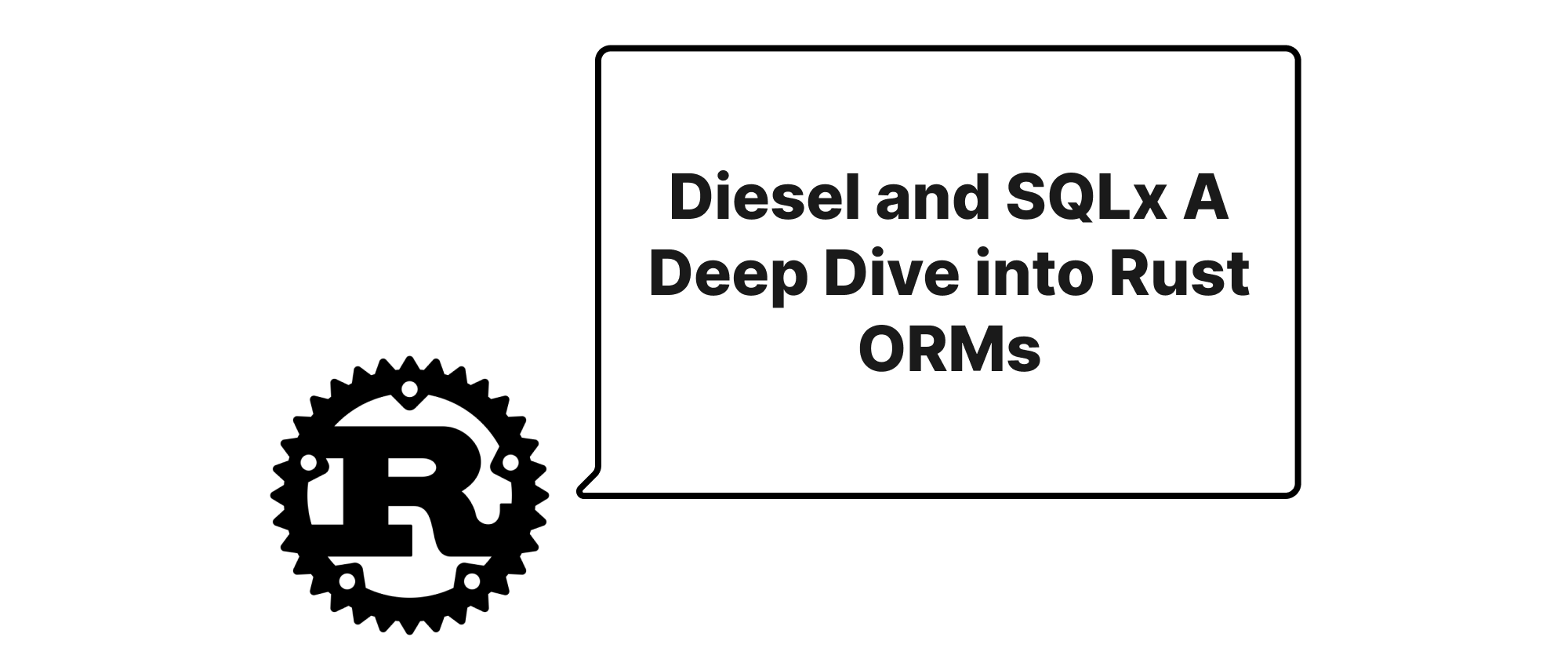
Diesel and SQLx A Deep Dive into Rust ORMs
Exploring the compile-time guarantees and different paradigms of Diesel (compile-time checks) and SQLx (compile-time macros) in Rust ORMs, with practical examples and use cases.
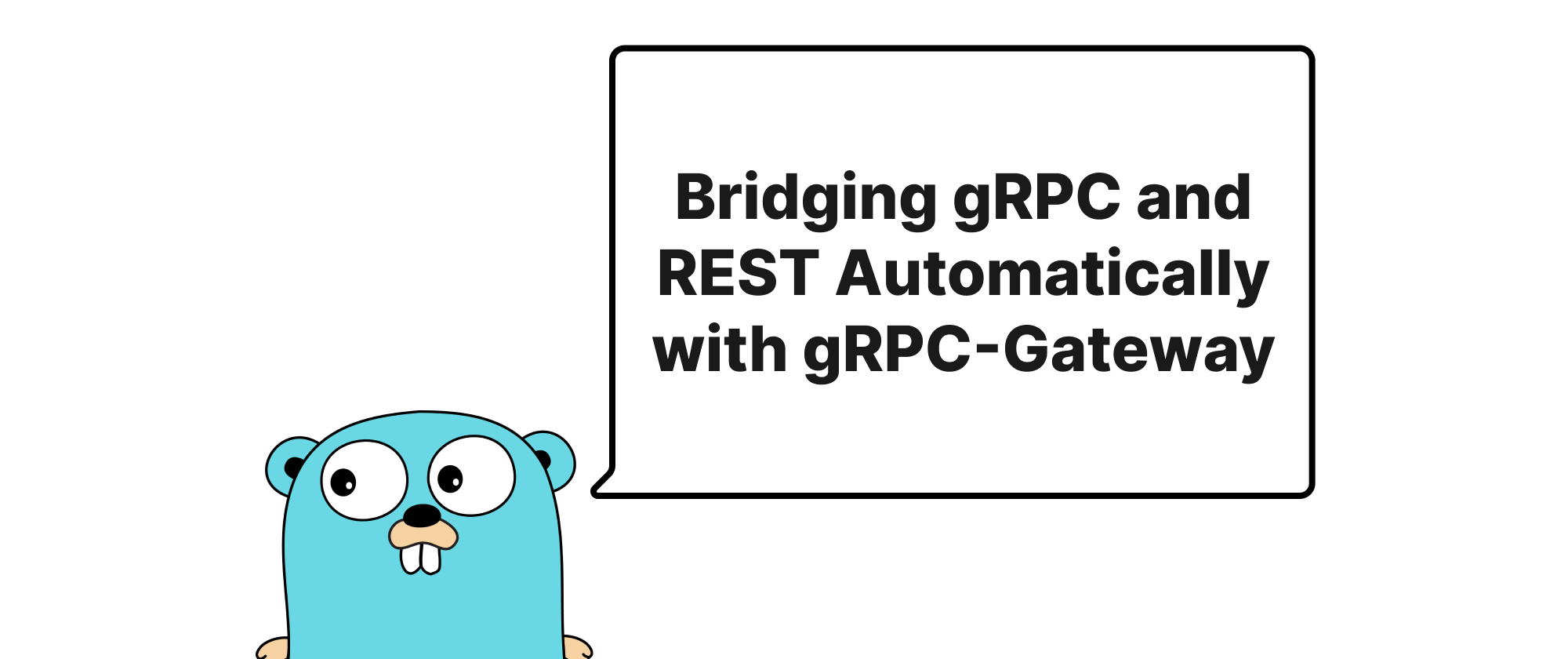
Bridging gRPC and REST Automatically with gRPC-Gateway
Explore how gRPC-Gateway seamlessly transforms high-performance gRPC services into accessible RESTful APIs, facilitating integration and maximizing development efficiency.
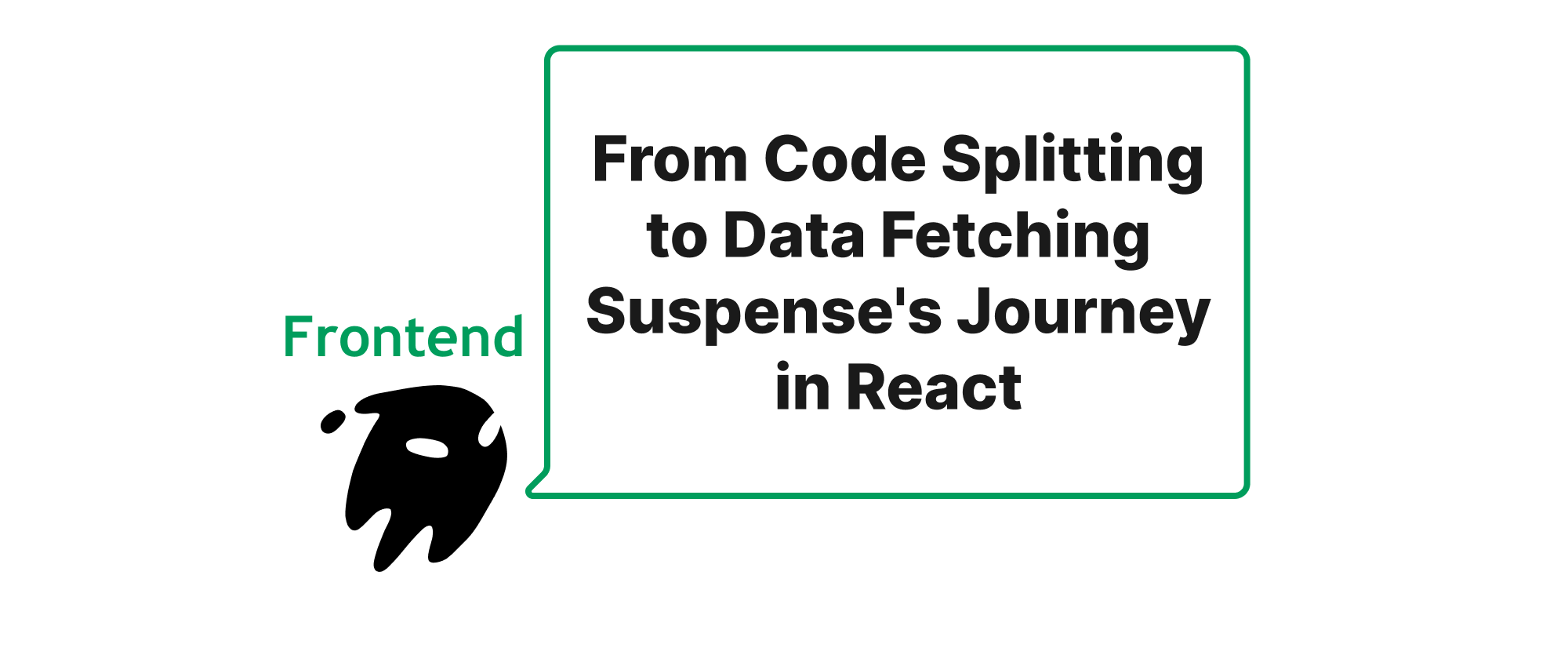
From Code Splitting to Data Fetching Suspense's Journey in React
Explores how React.Suspense evolved from a code splitting utility with React.lazy to a central mechanism for data fetching in React Server Components, highlighting its underlying principles and practical applications.
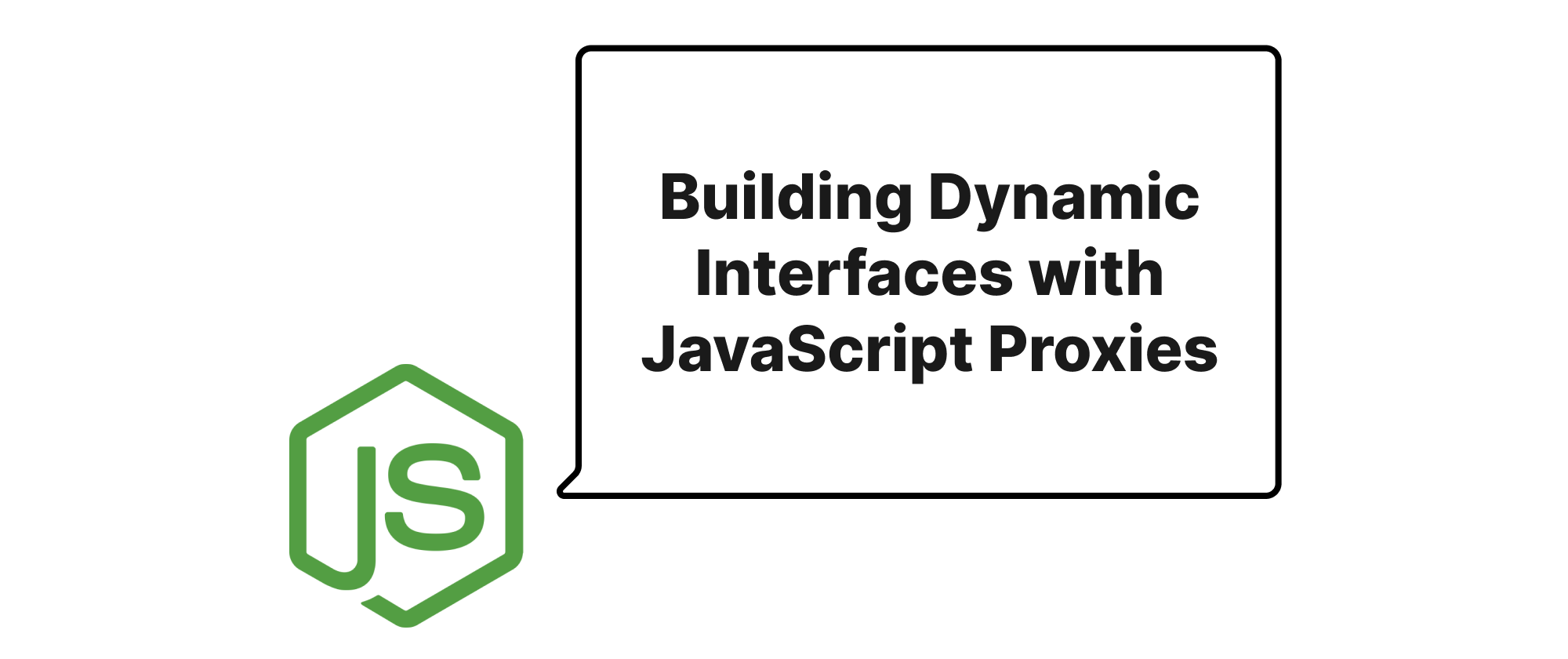
Building Dynamic Interfaces with JavaScript Proxies
Exploring how JavaScript Proxies can power mini ORMs and dynamic API clients, delving into their mechanisms and practical applications.
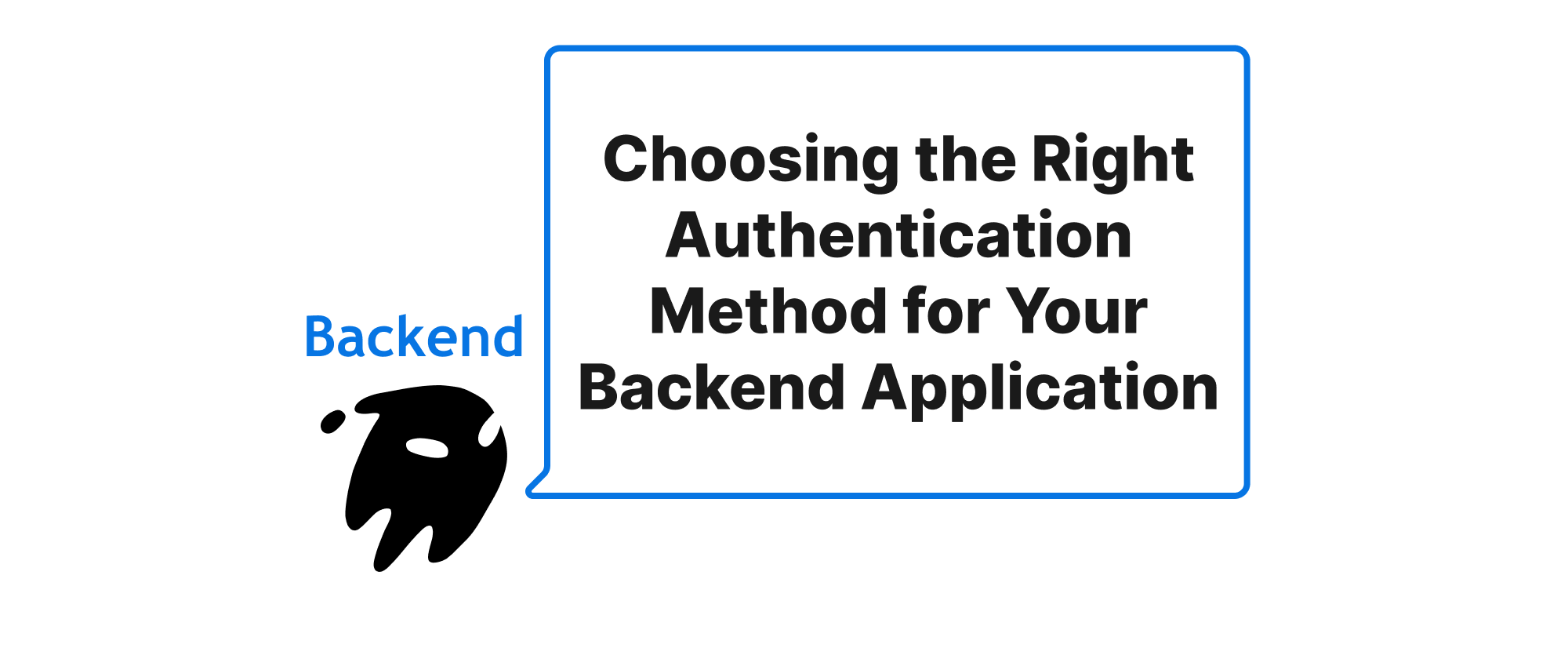
Choosing the Right Authentication Method for Your Backend Application
This article explores API Keys, OAuth 2.0, and OpenID Connect, outlining their principles, use cases, and helping developers select the most suitable authentication solution for various backend scenarios.
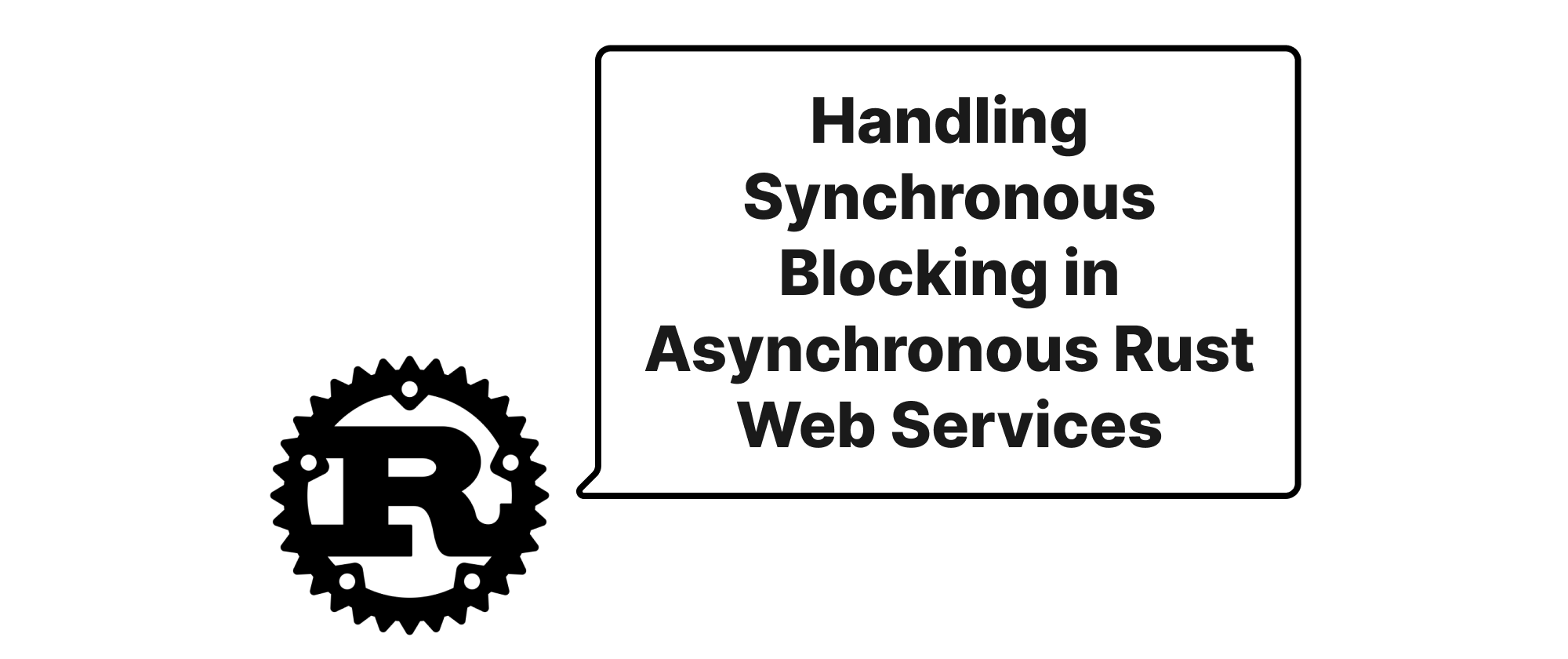
Handling Synchronous Blocking in Asynchronous Rust Web Services
Explores the best practices and techniques for integrating blocking synchronous operations, such as password hashing, into an asynchronous Rust web service without compromising performance or responsiveness.

Build a Perfect Blog with FastAPI: Filter by Tag
This guide explains how to filter blog posts by tags in a FastAPI application. It covers creating the backend route, database query logic, and a frontend template to display results.
